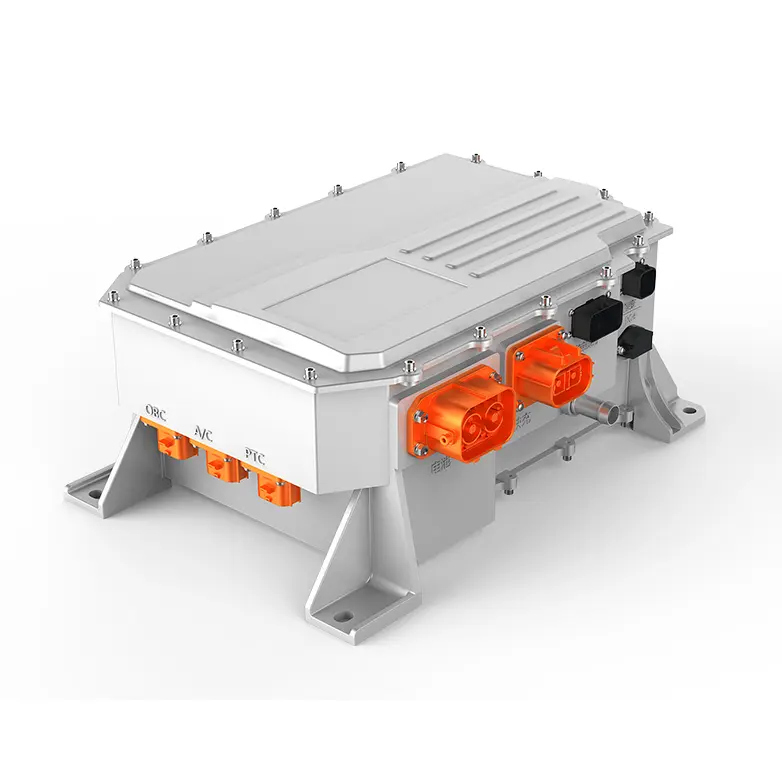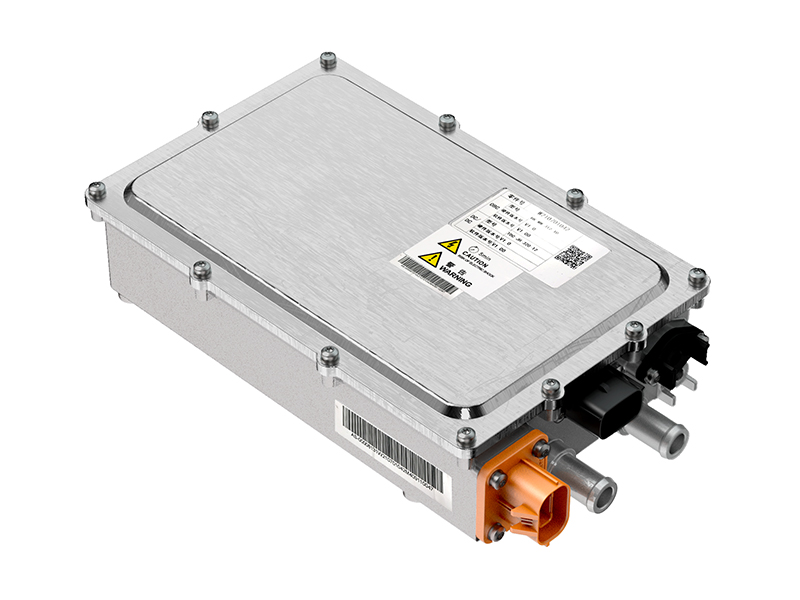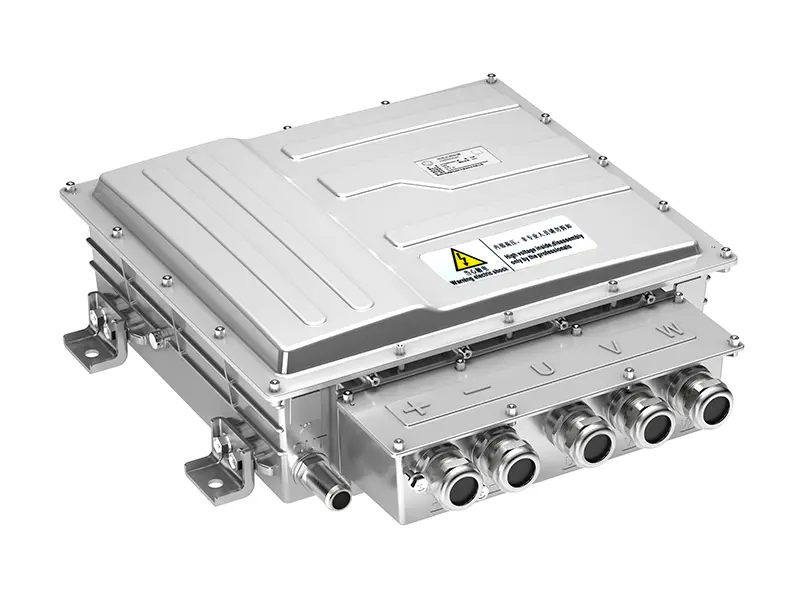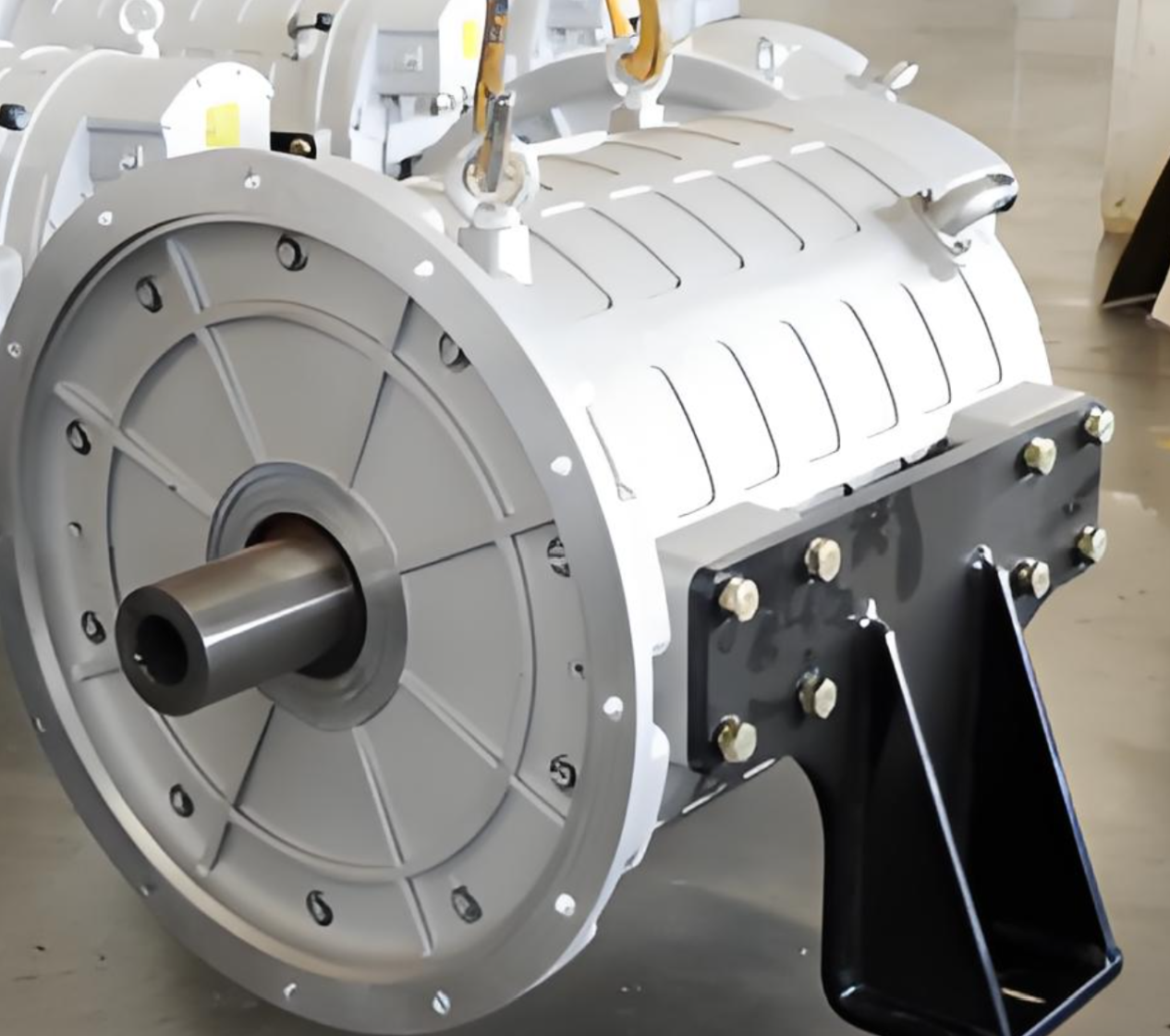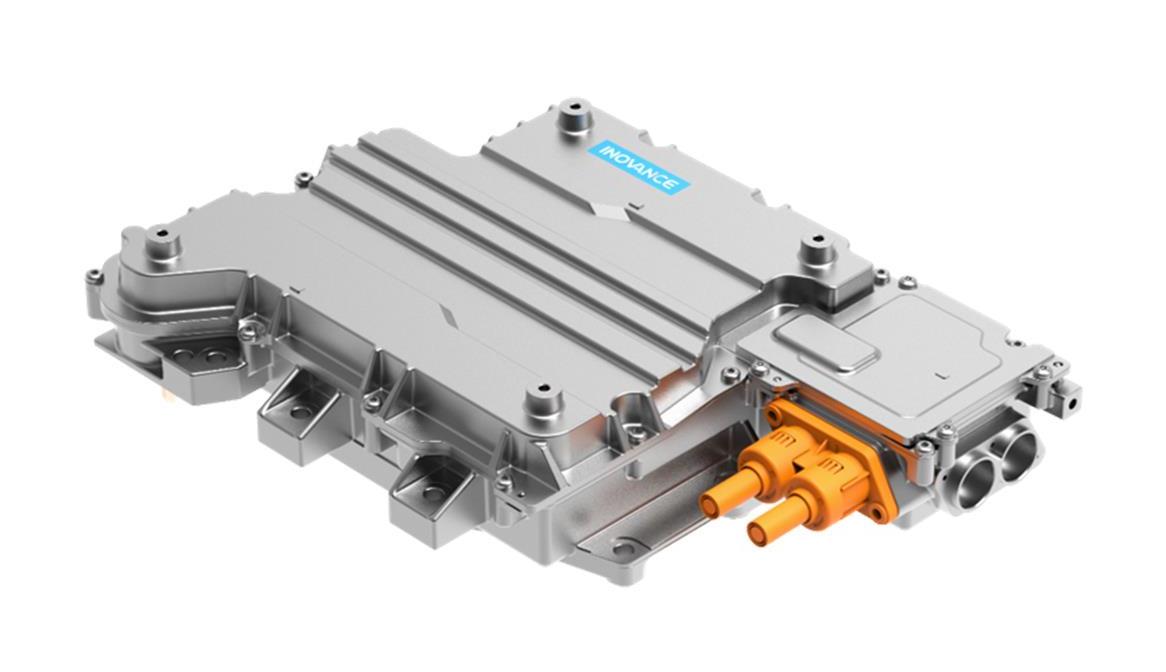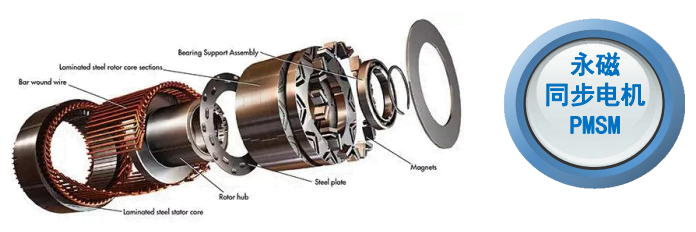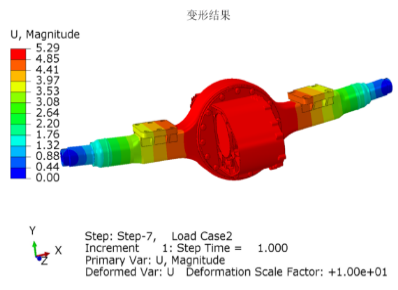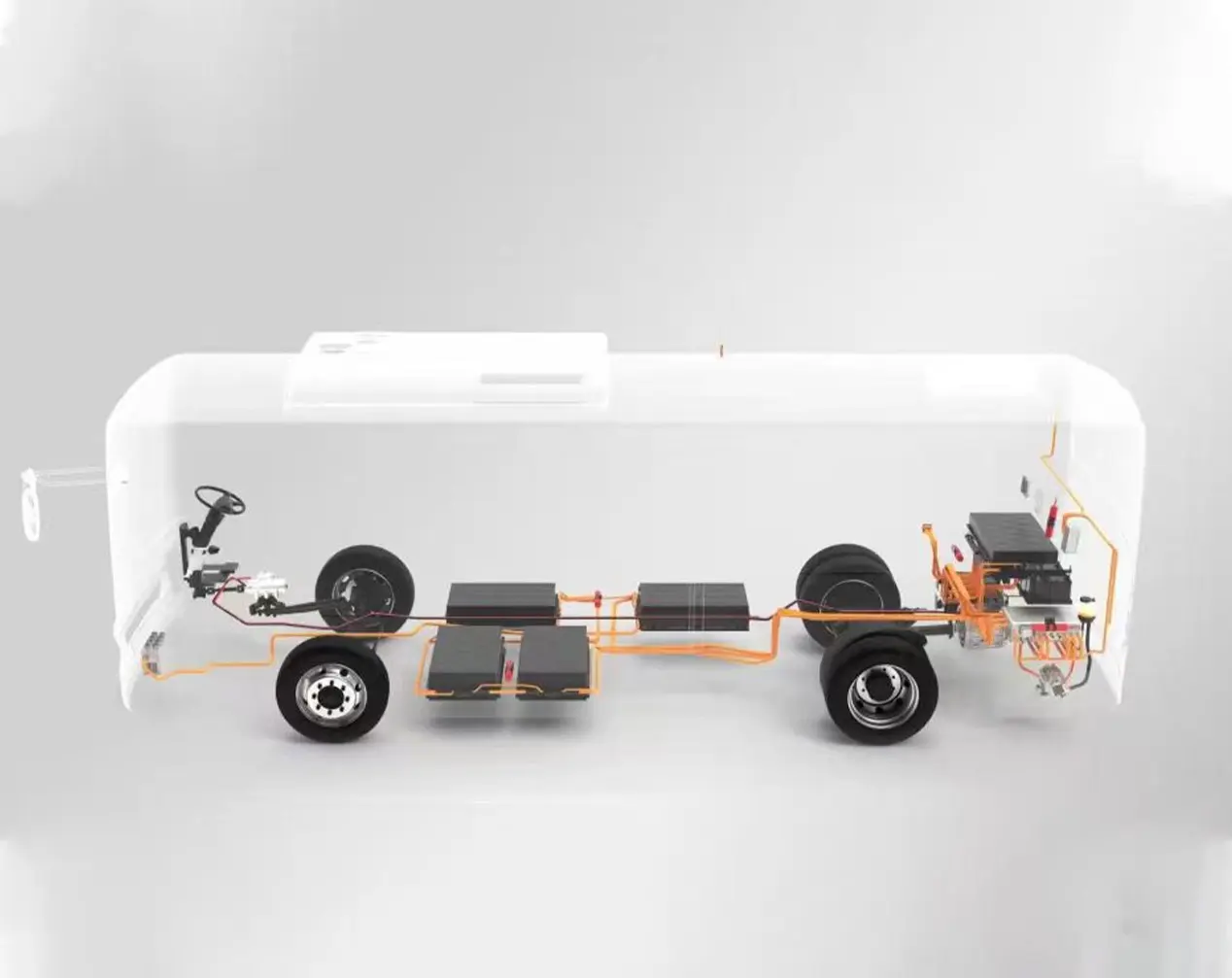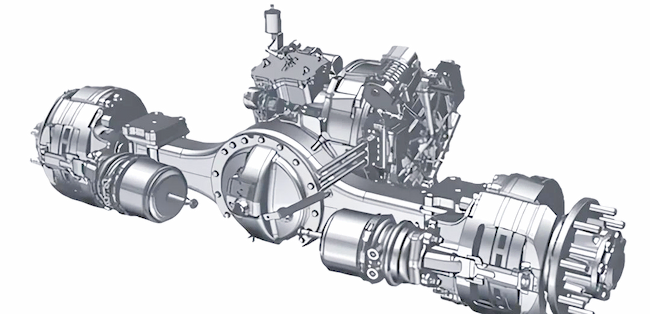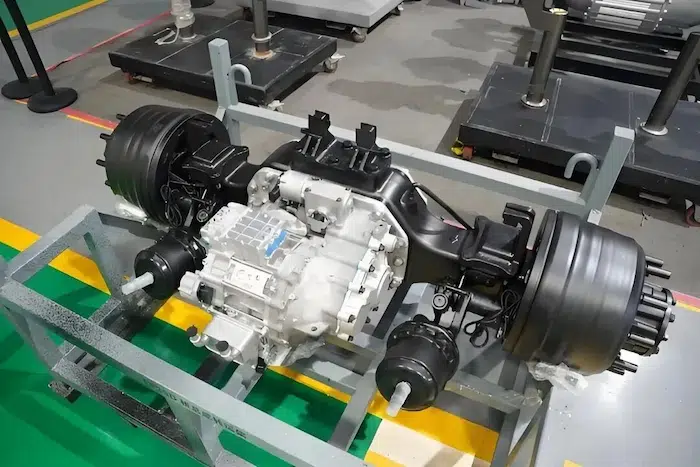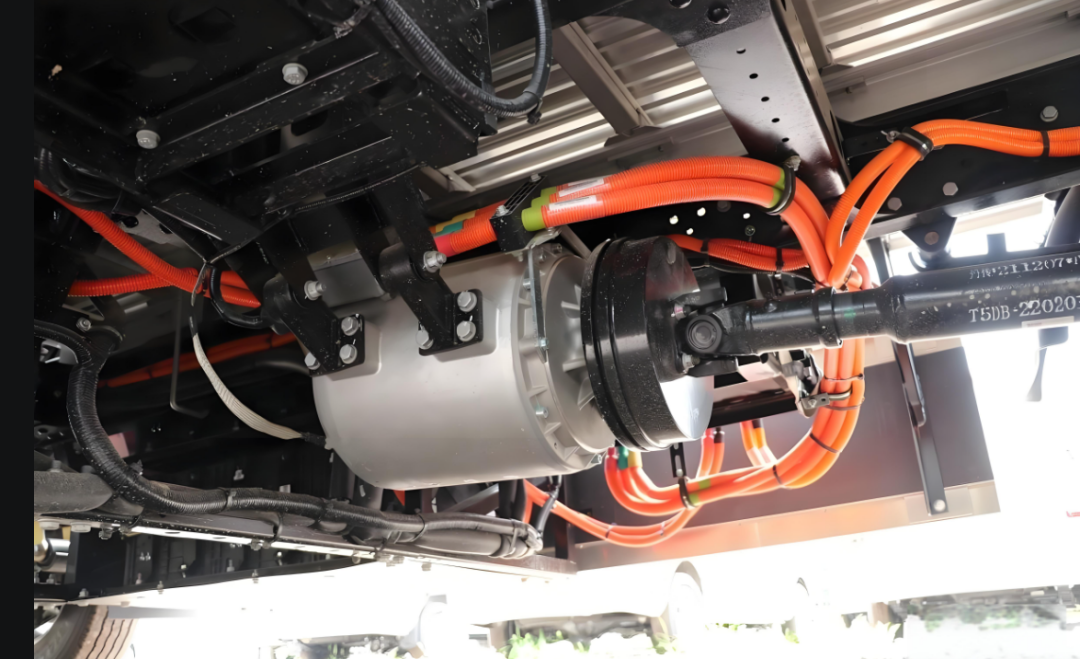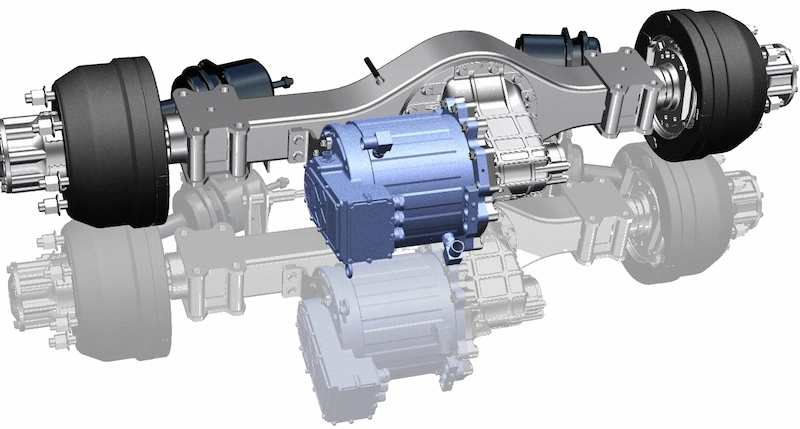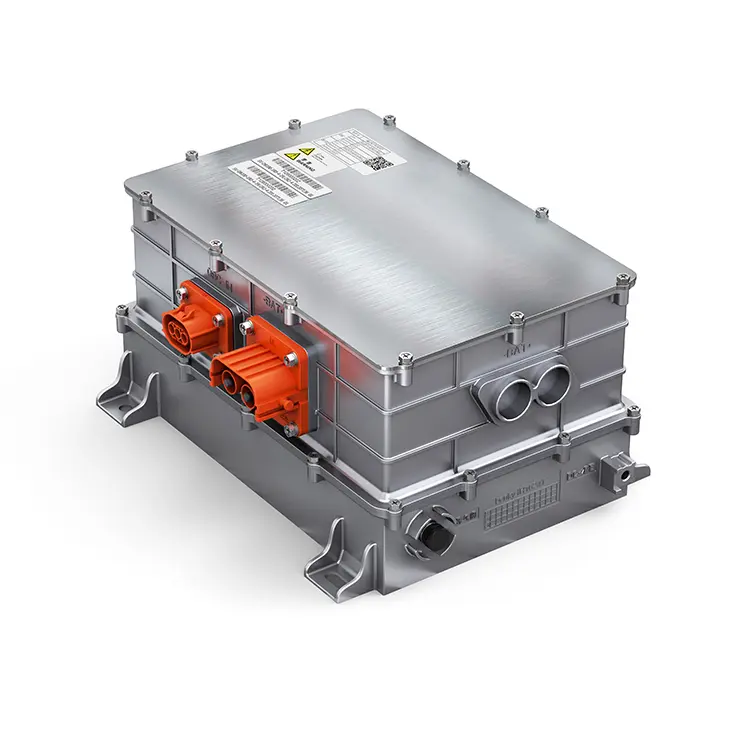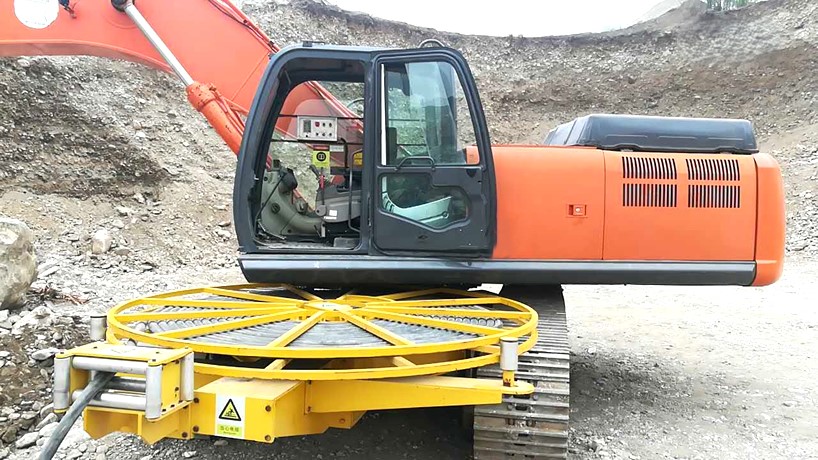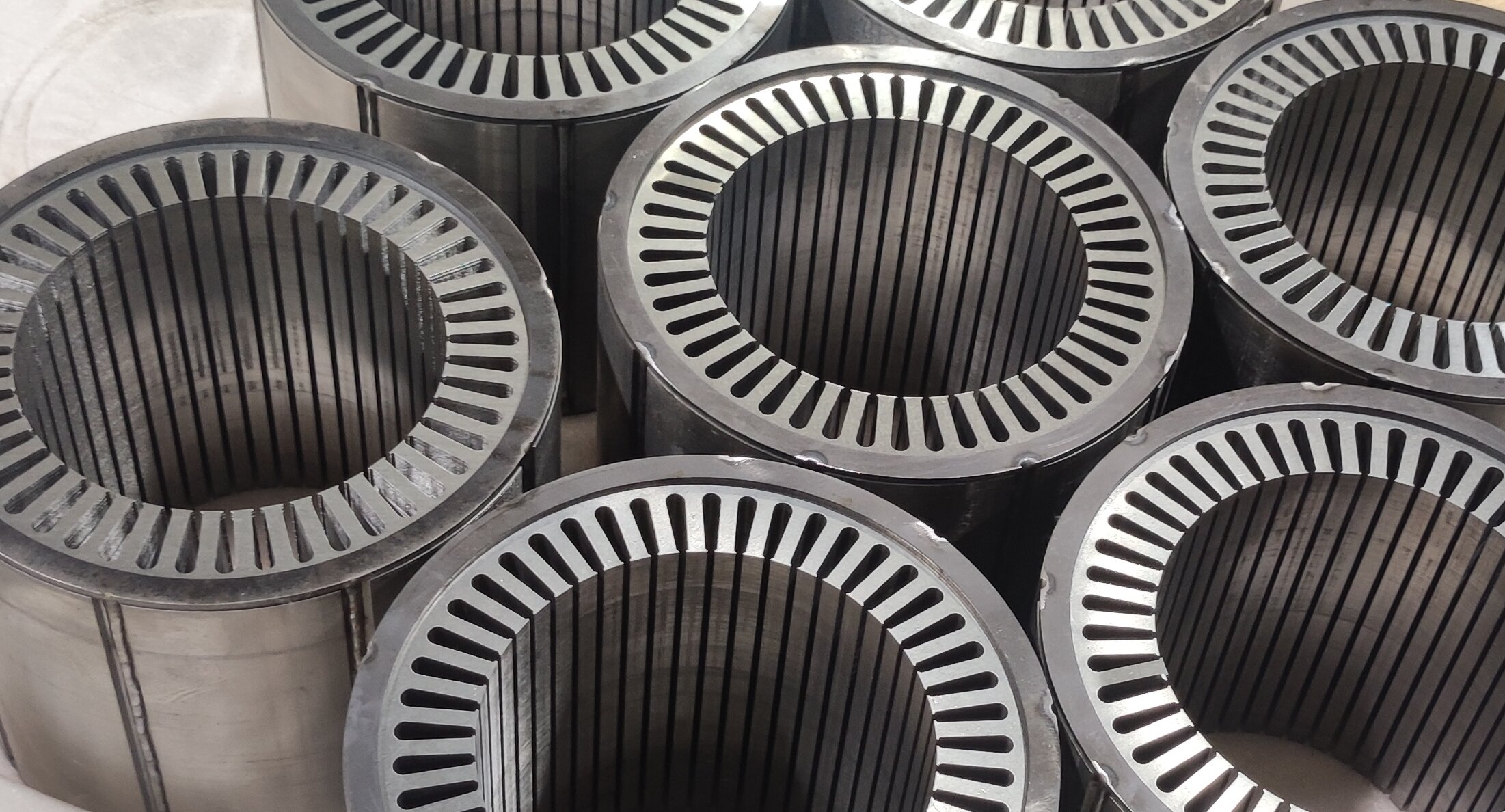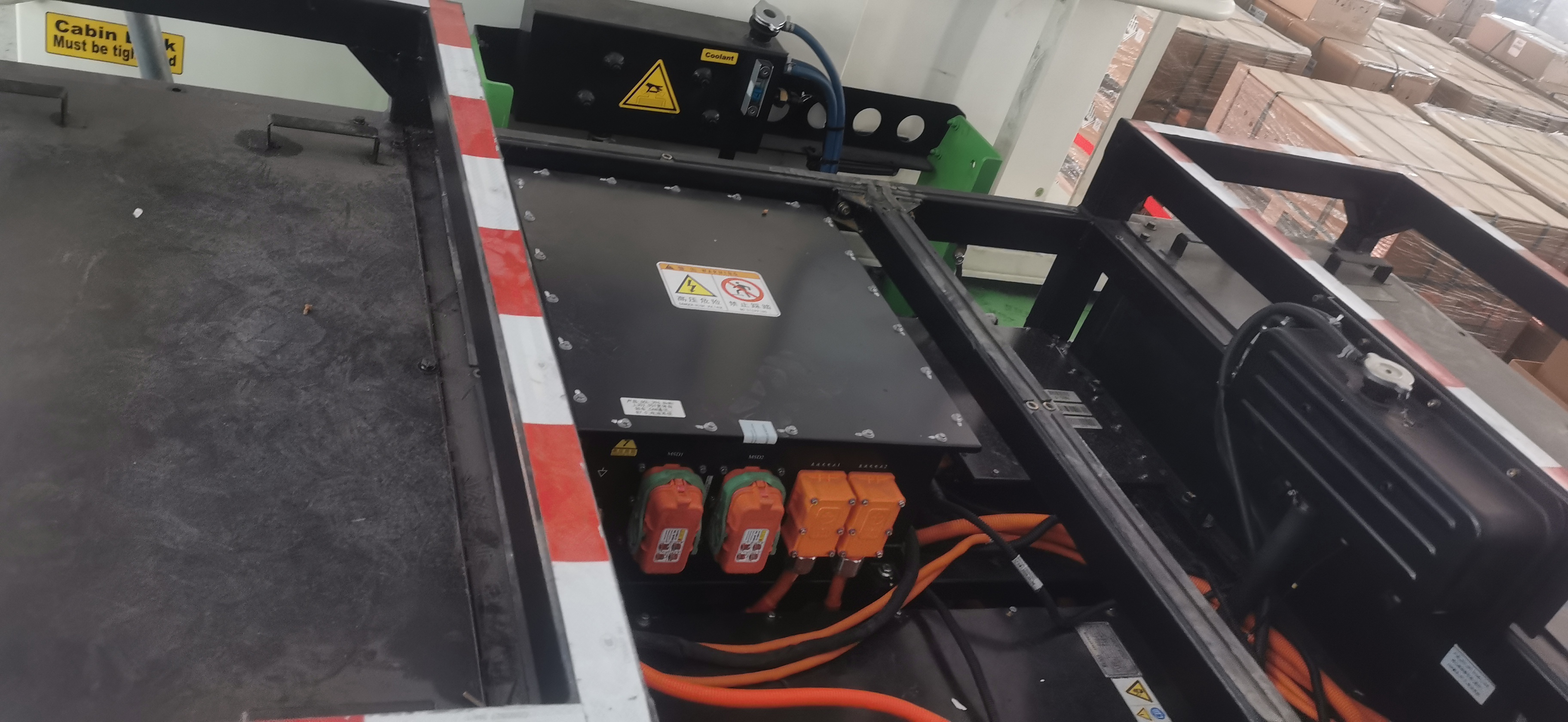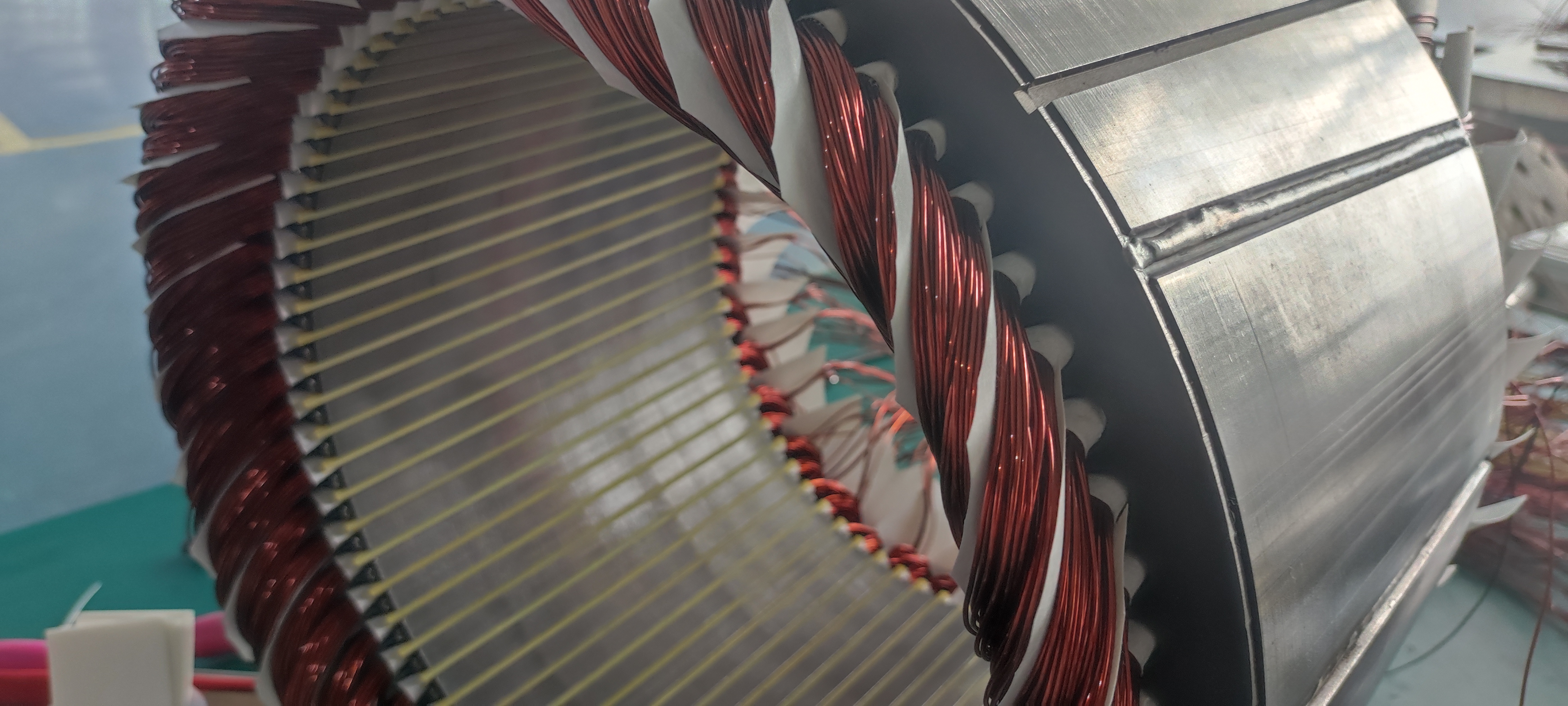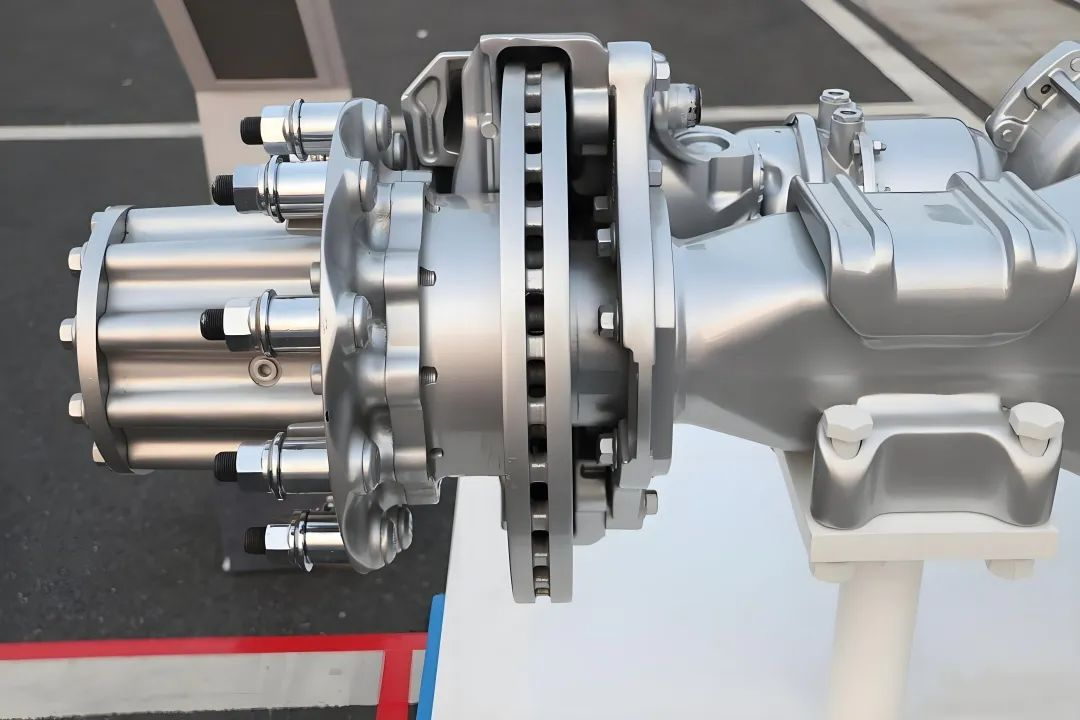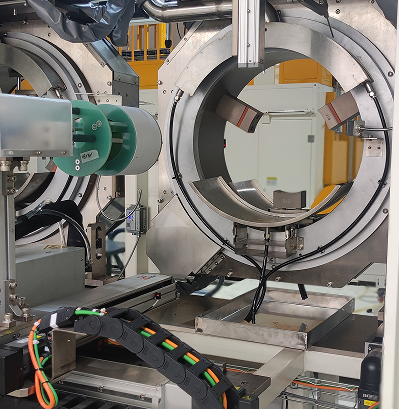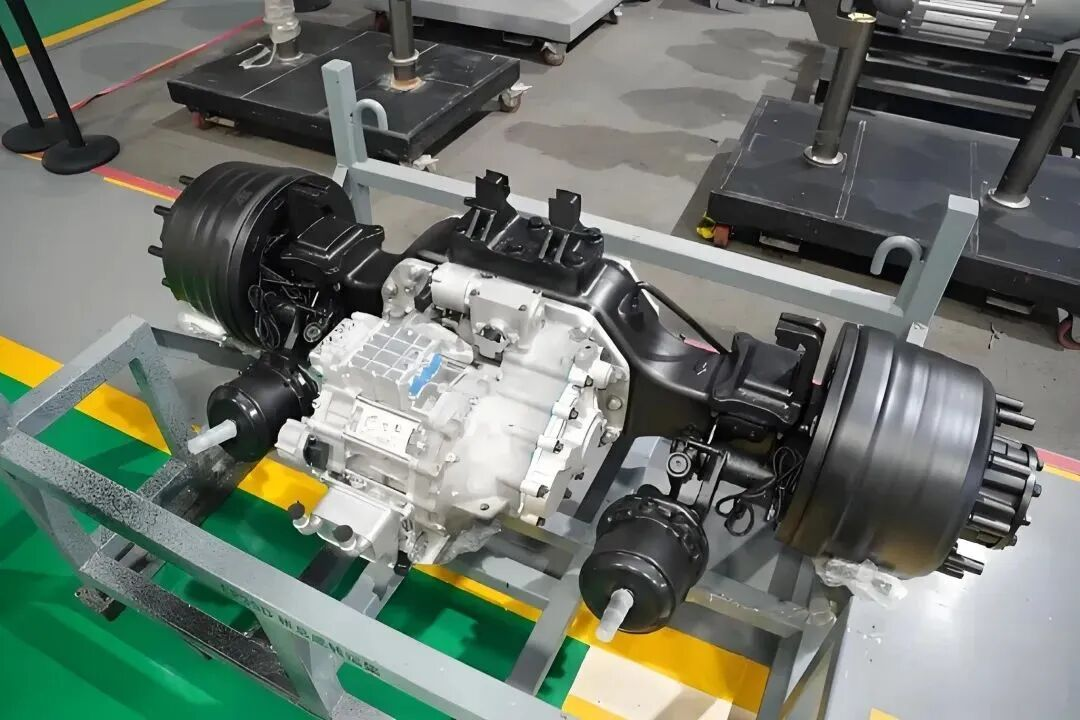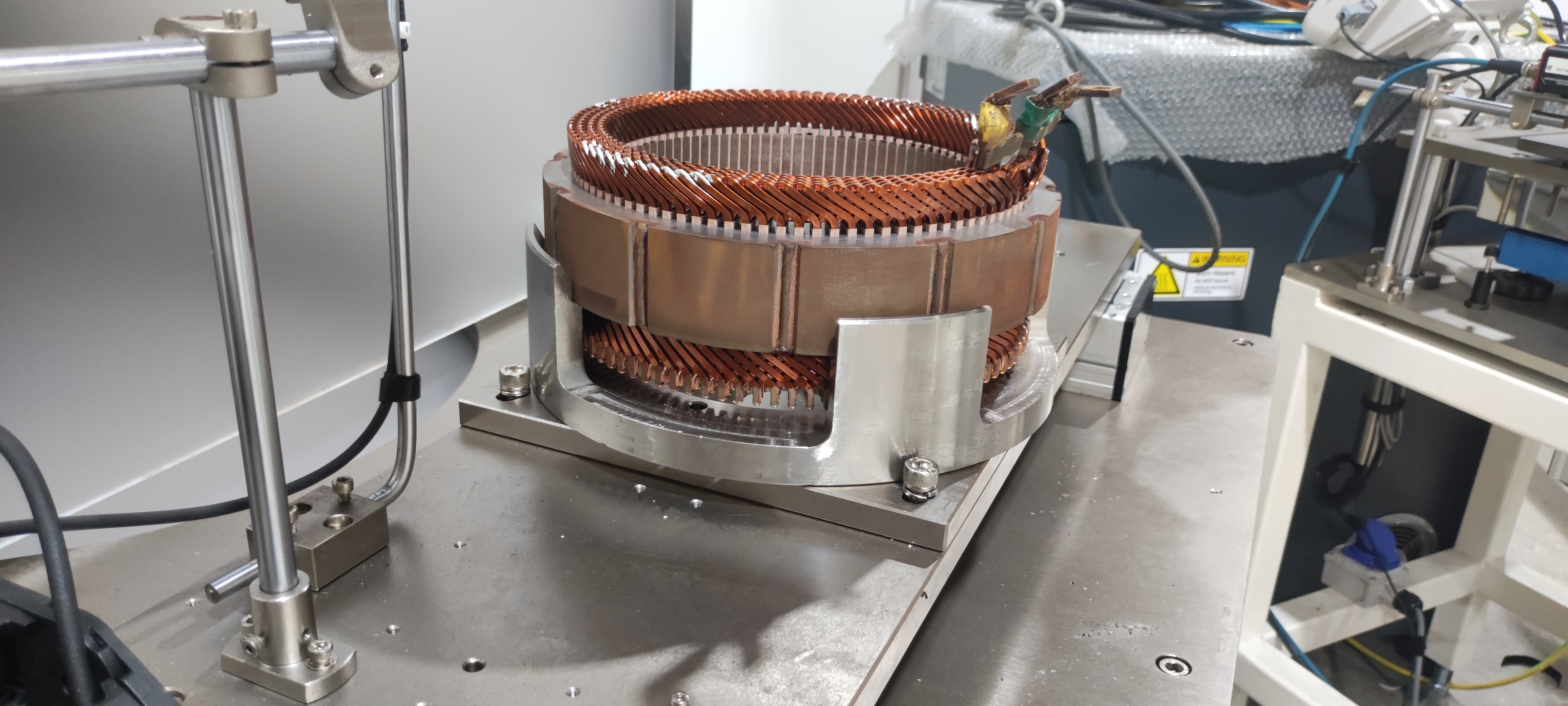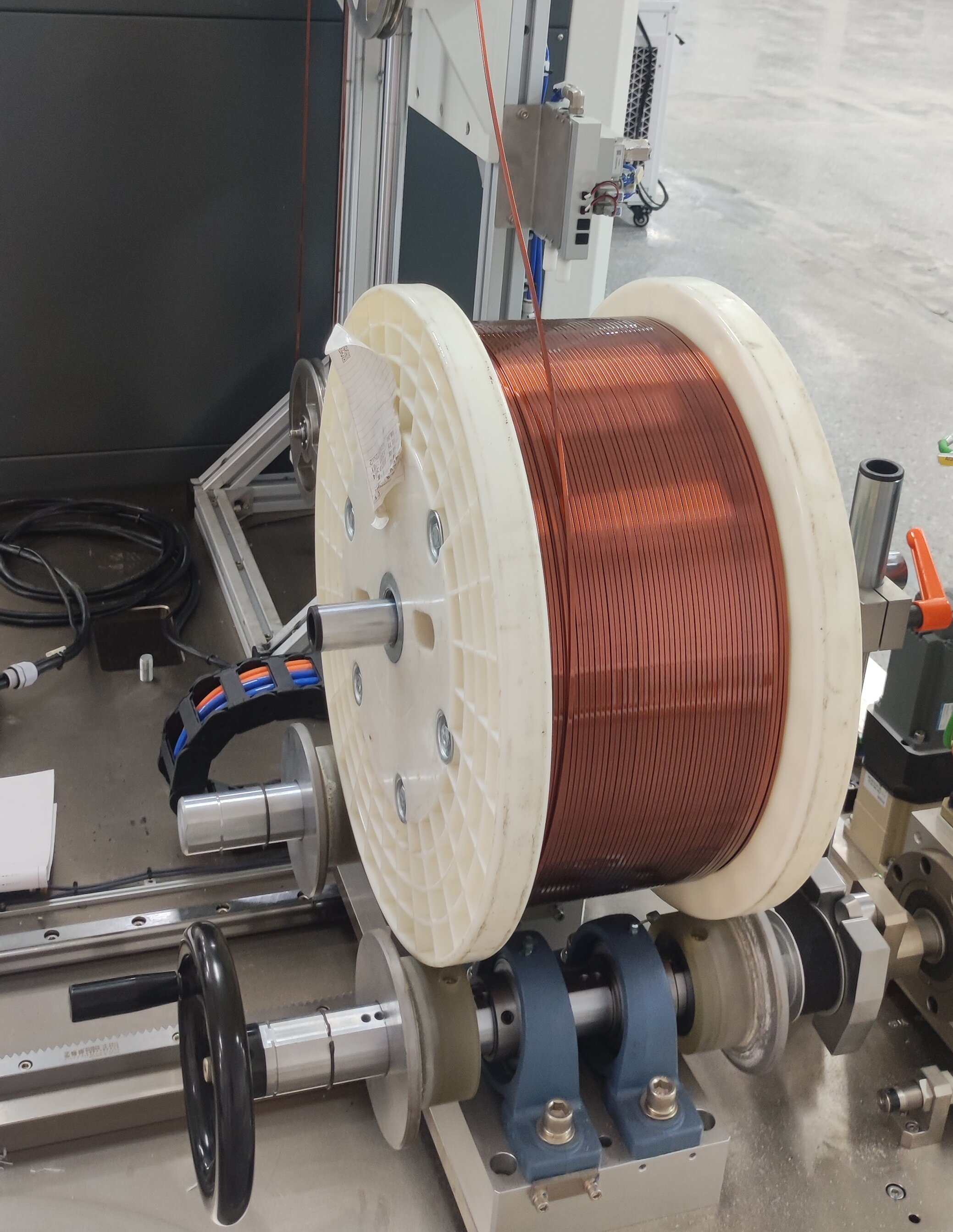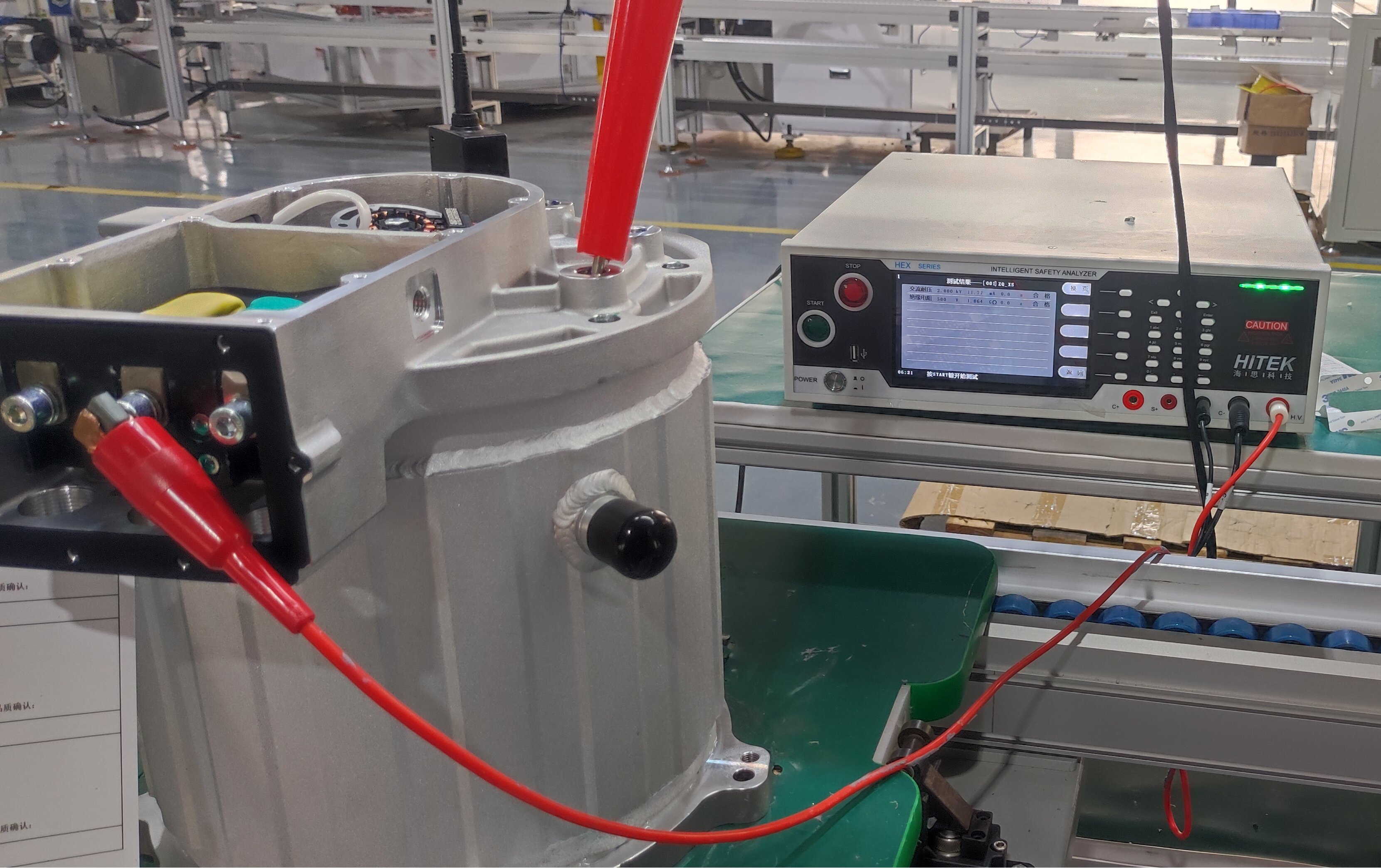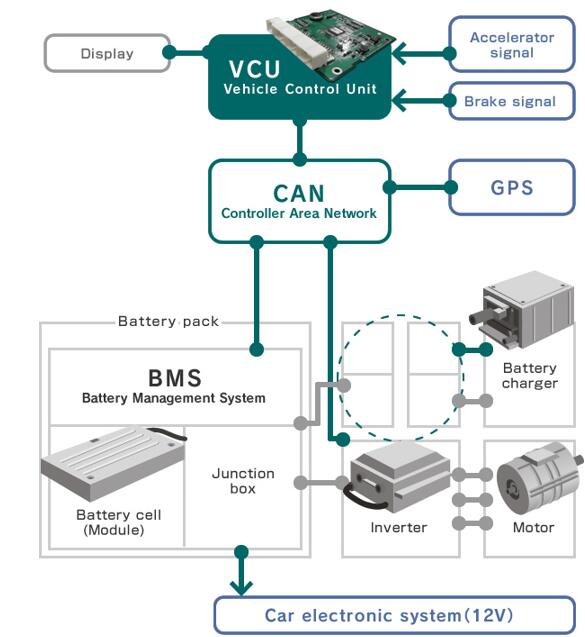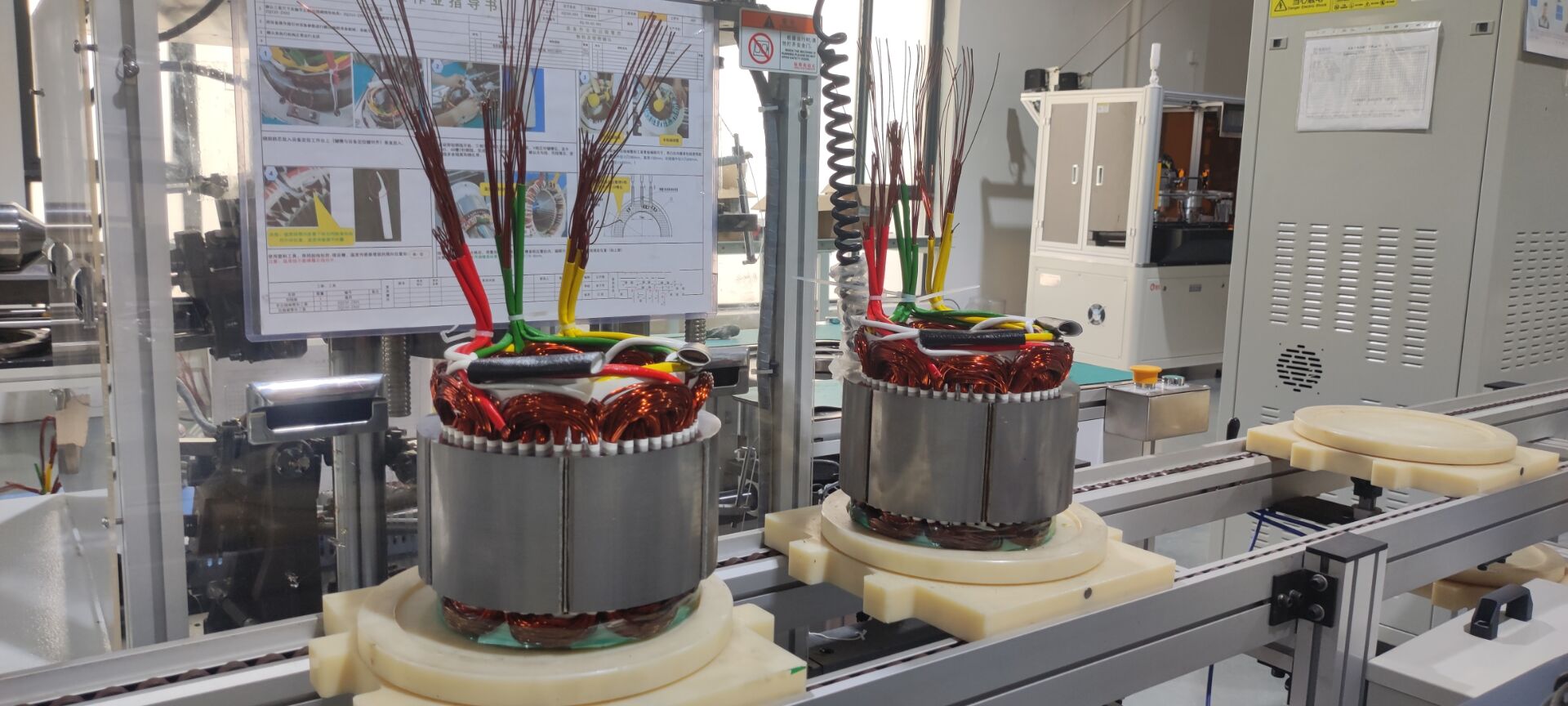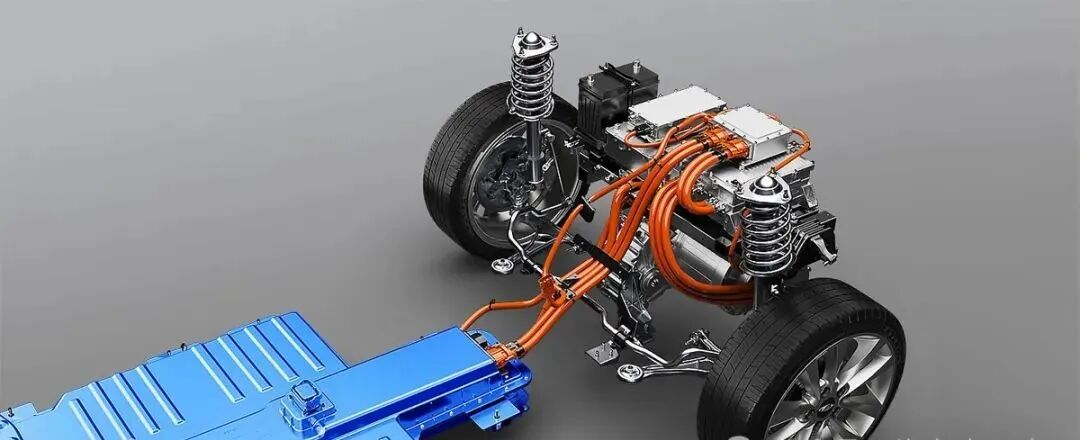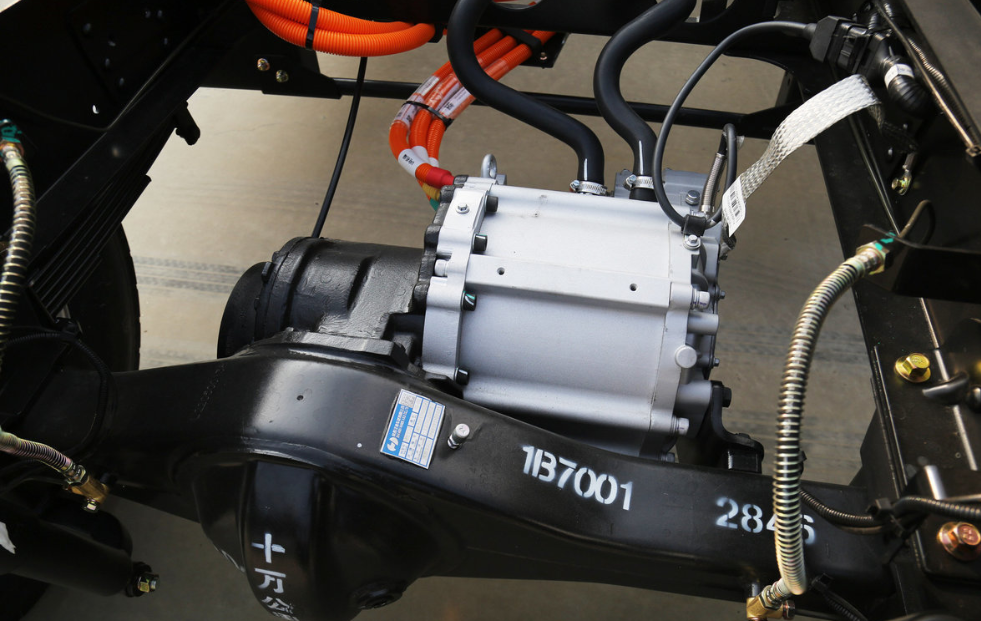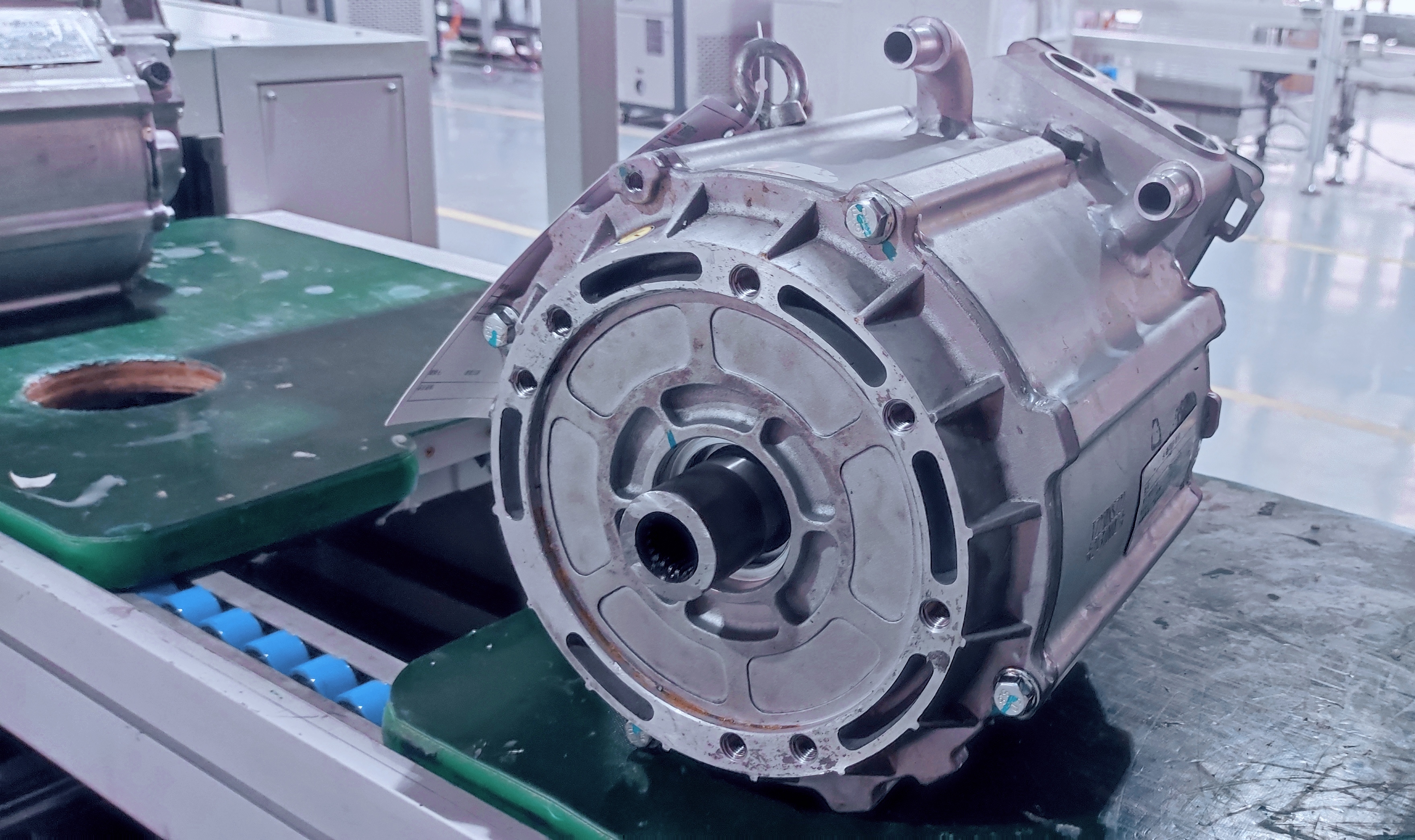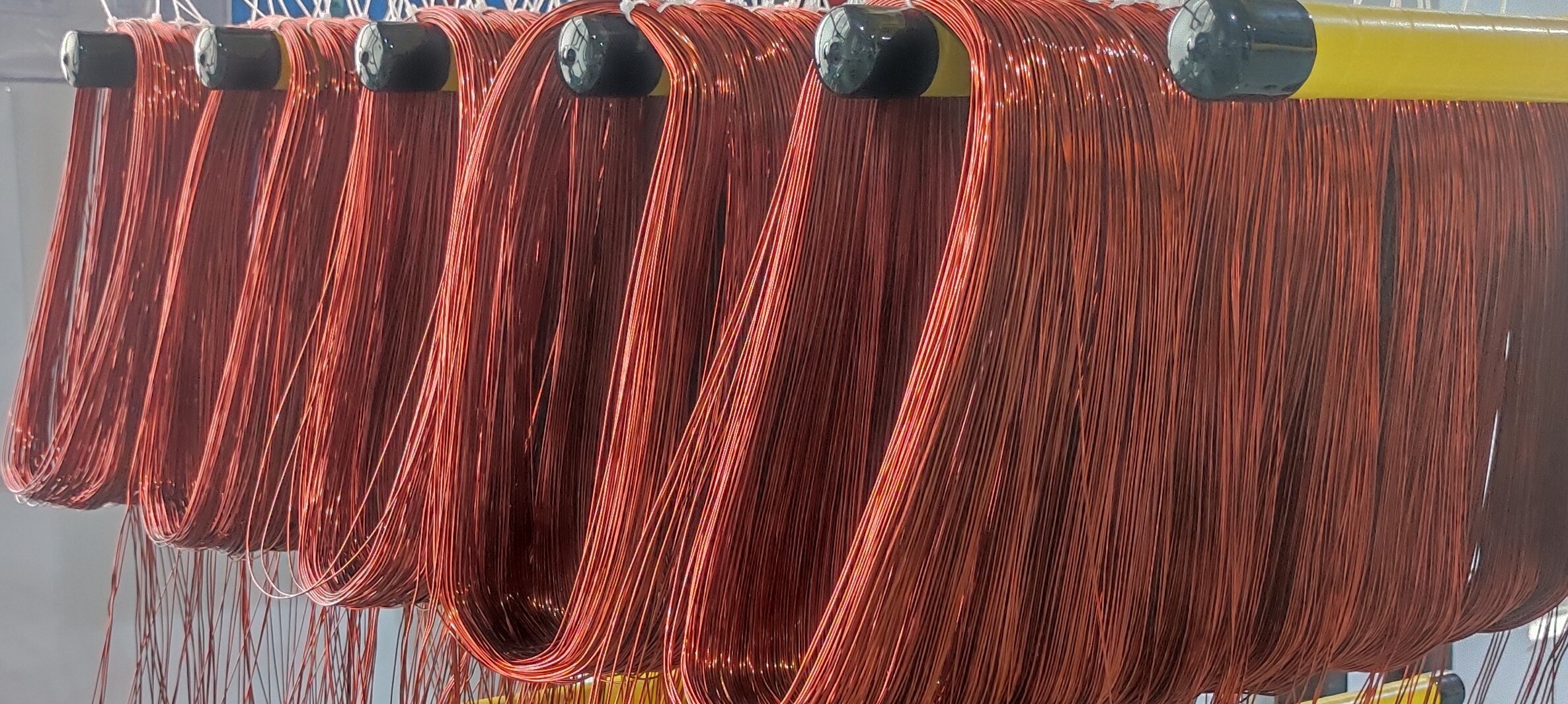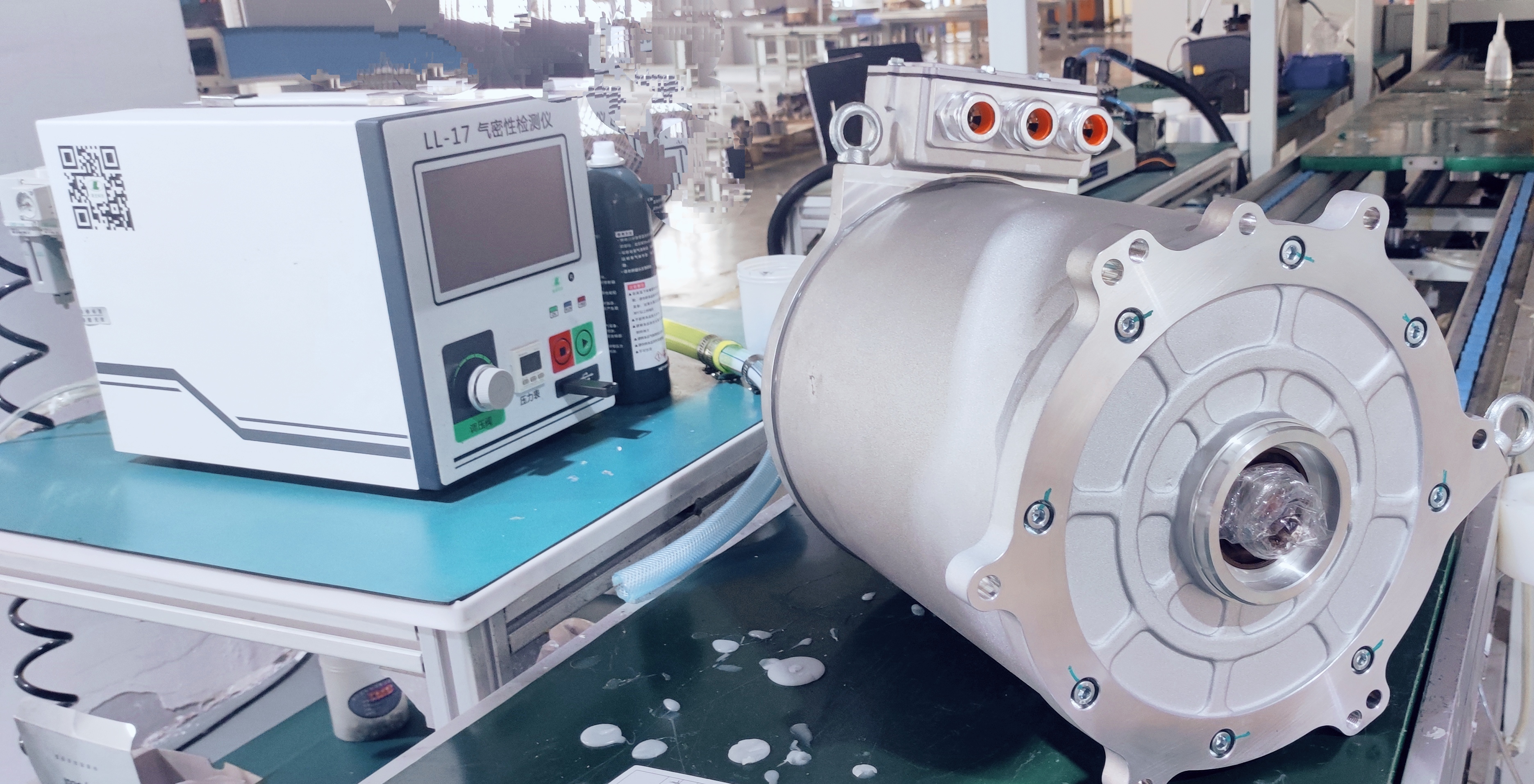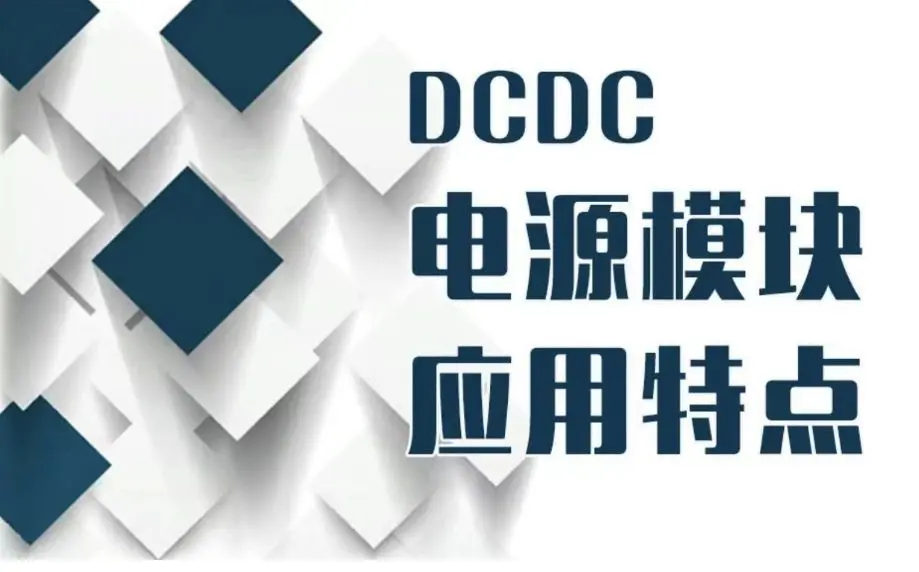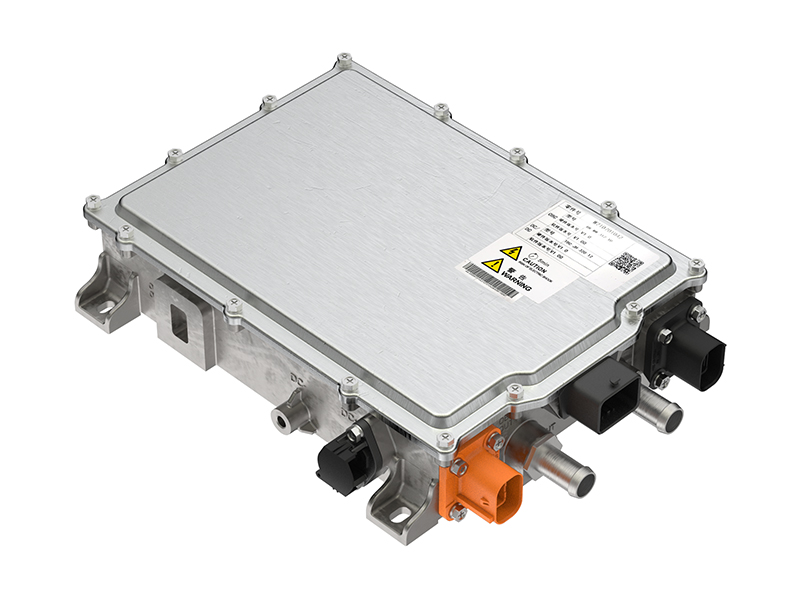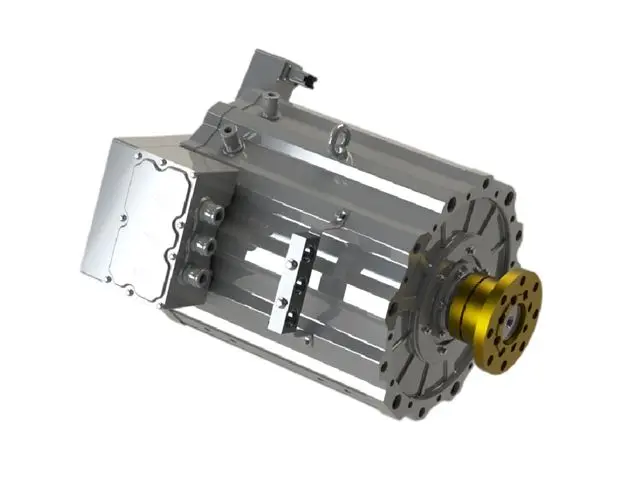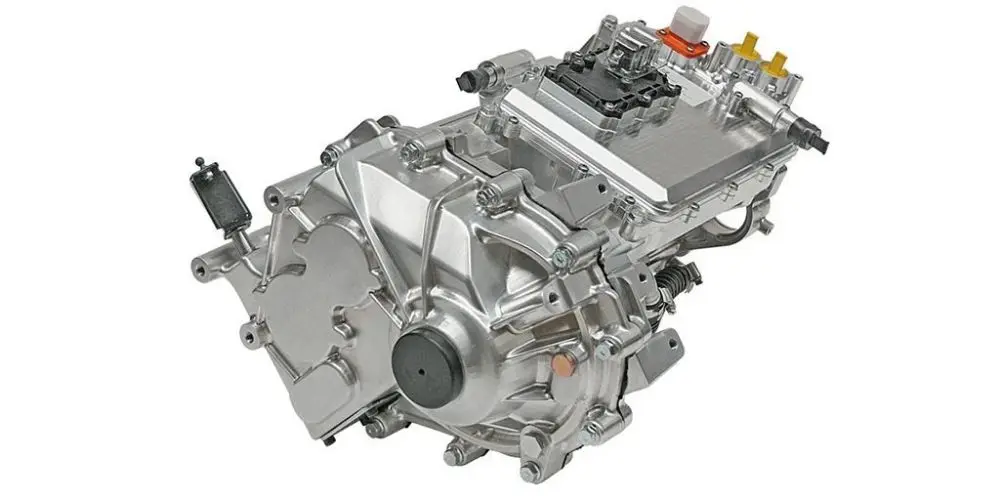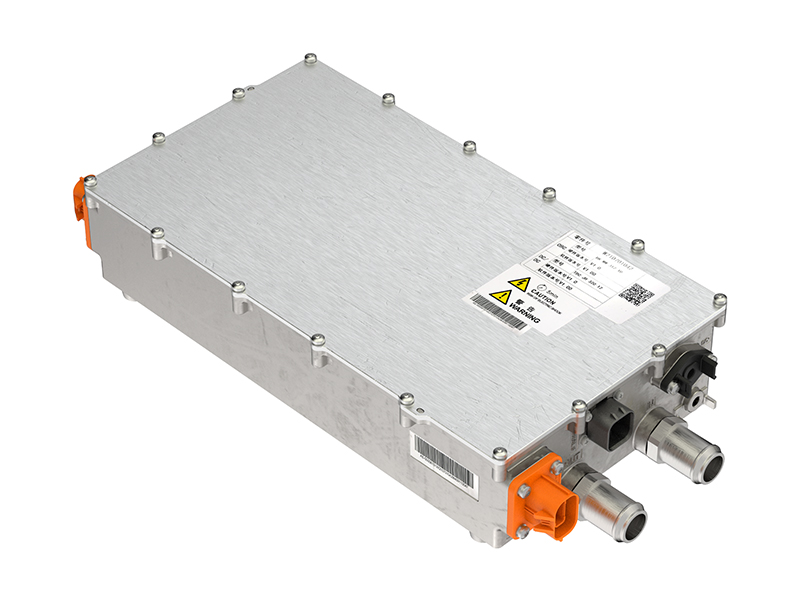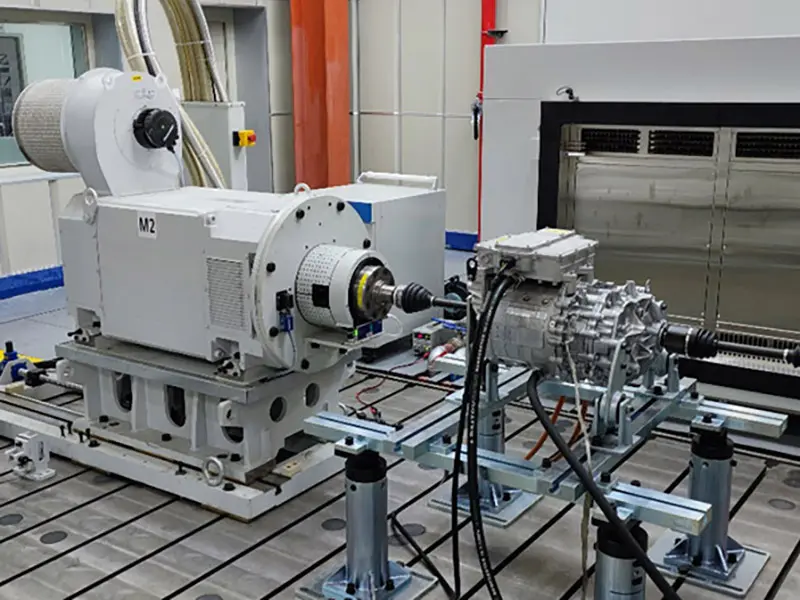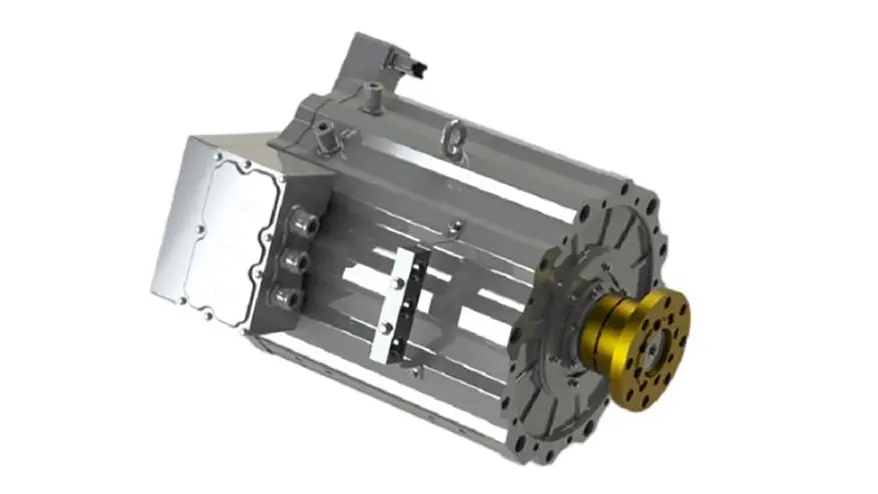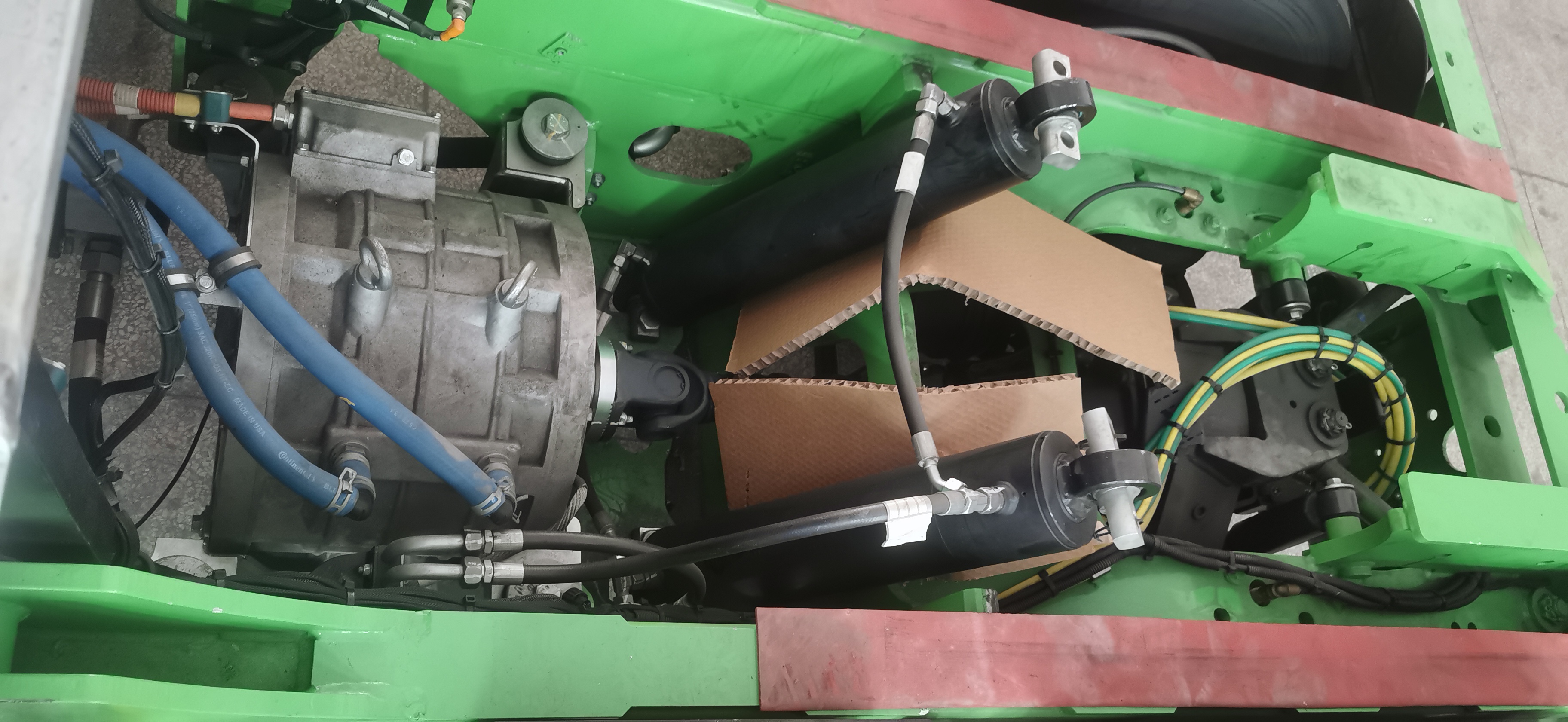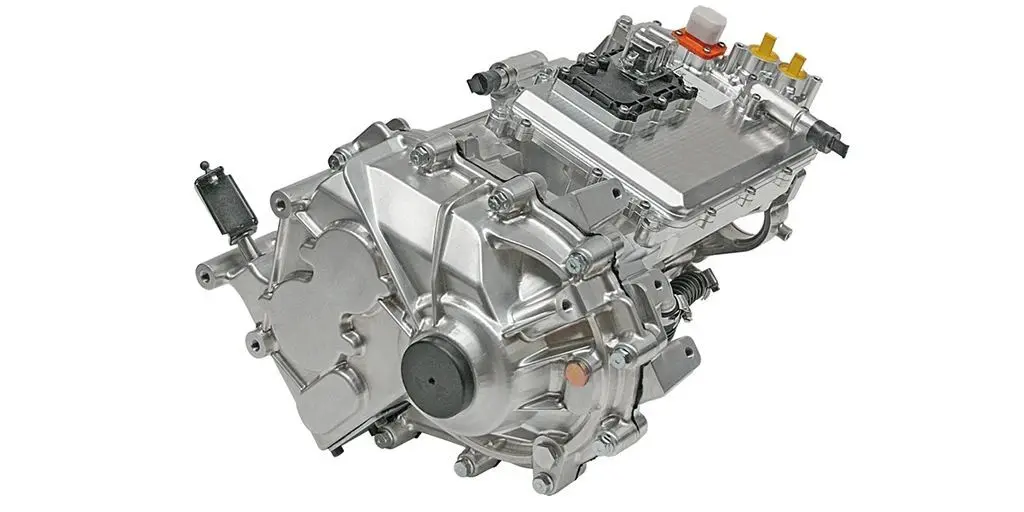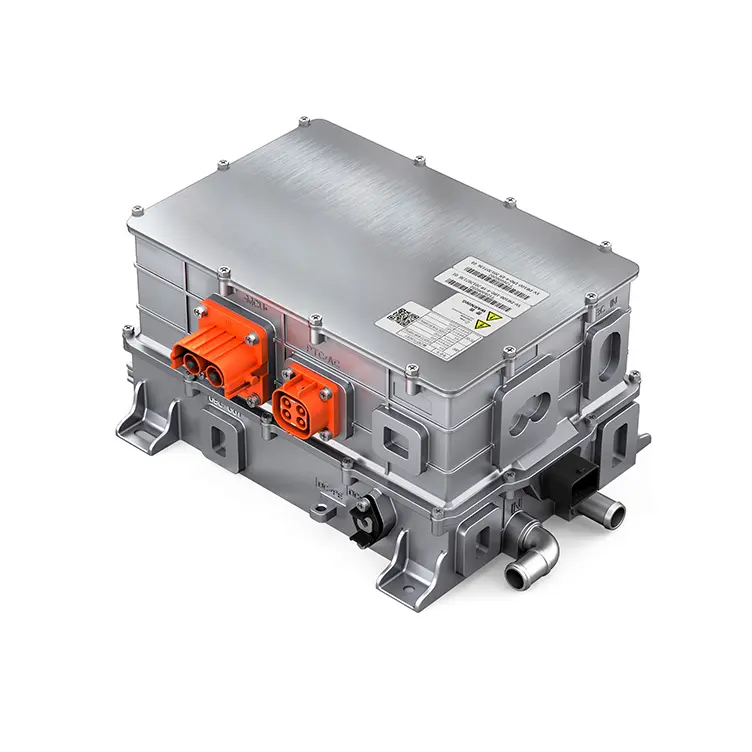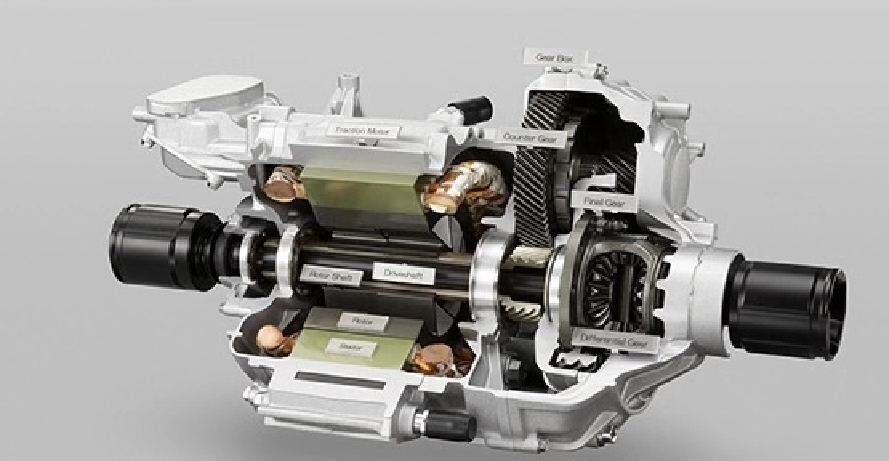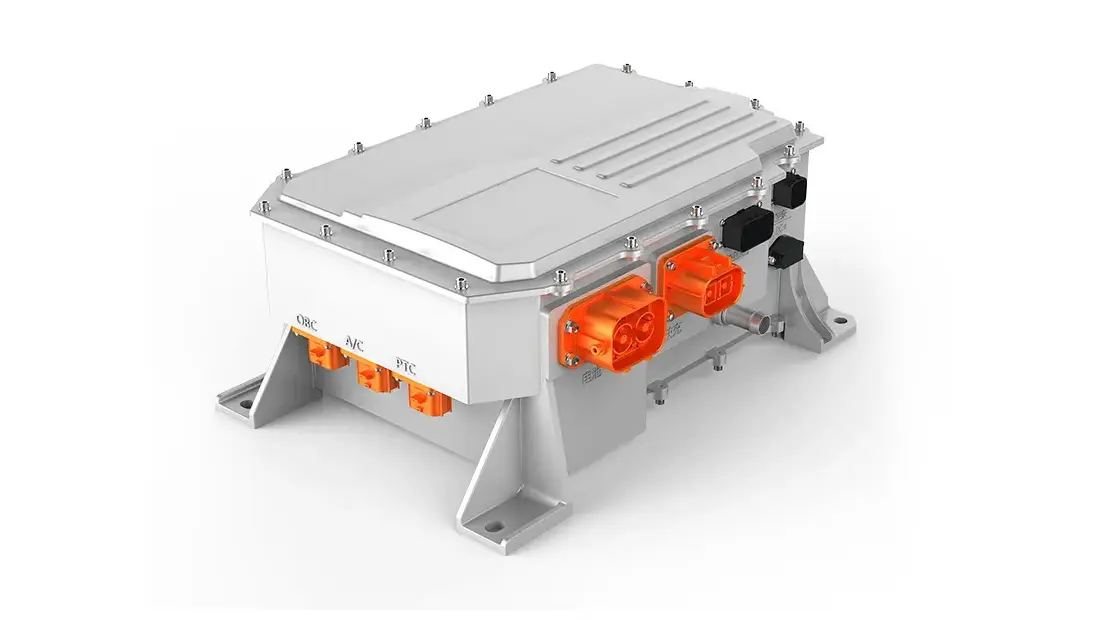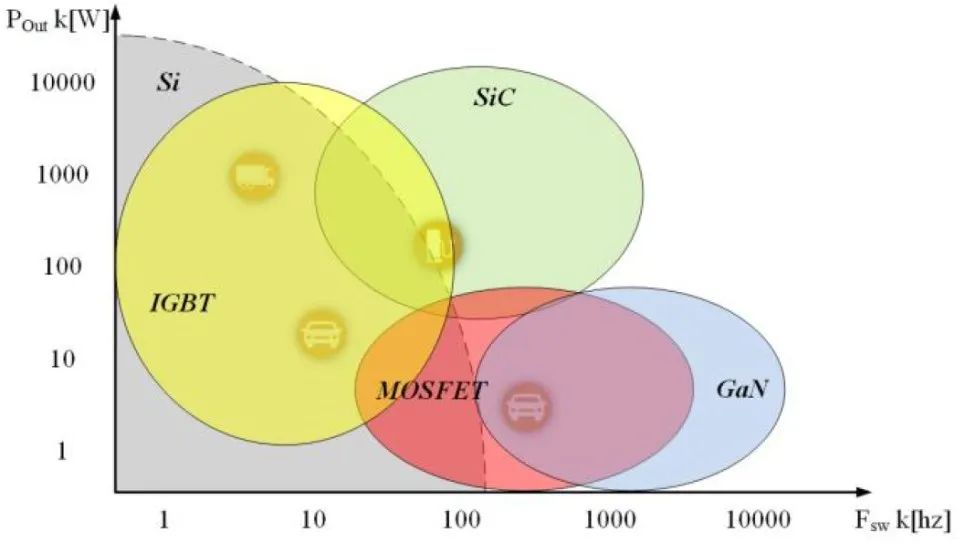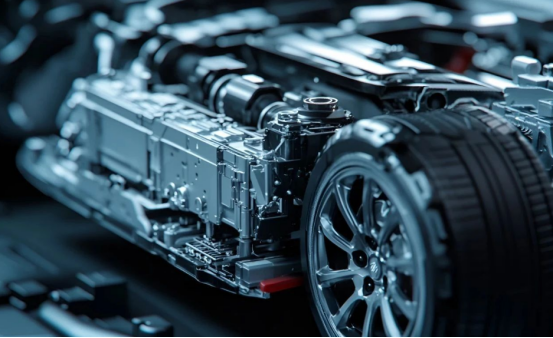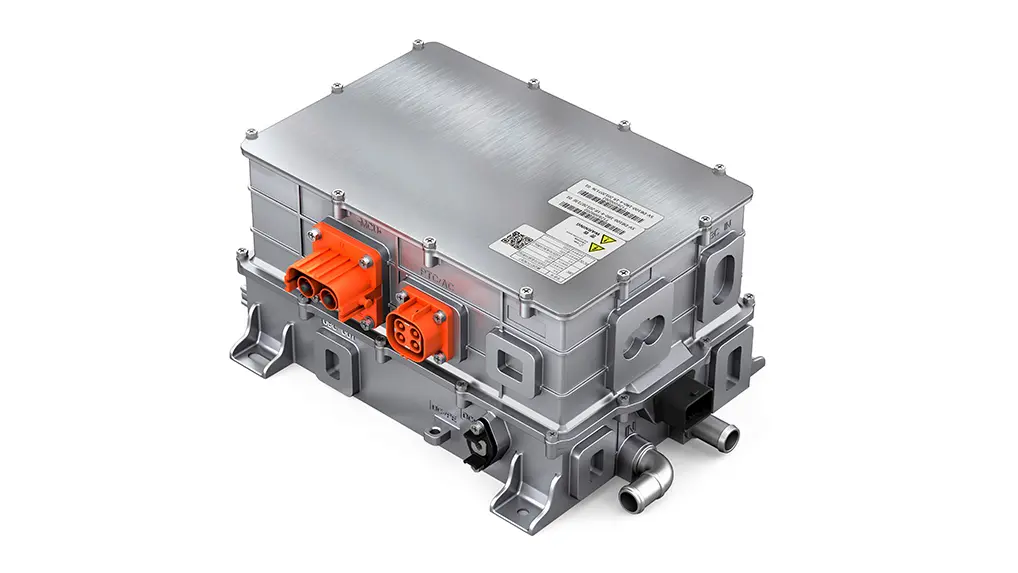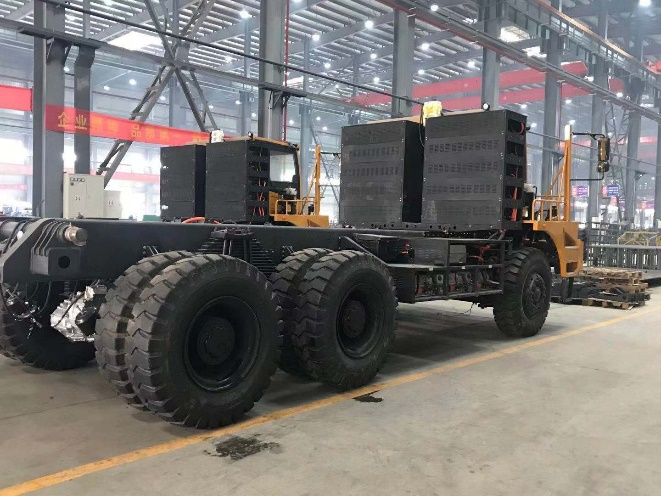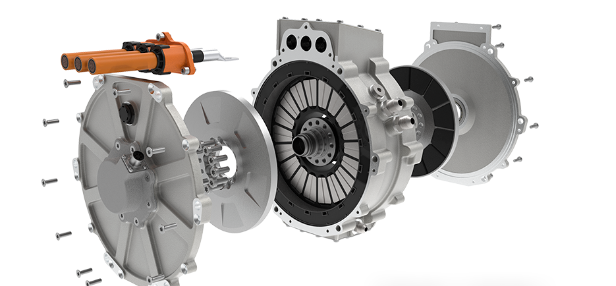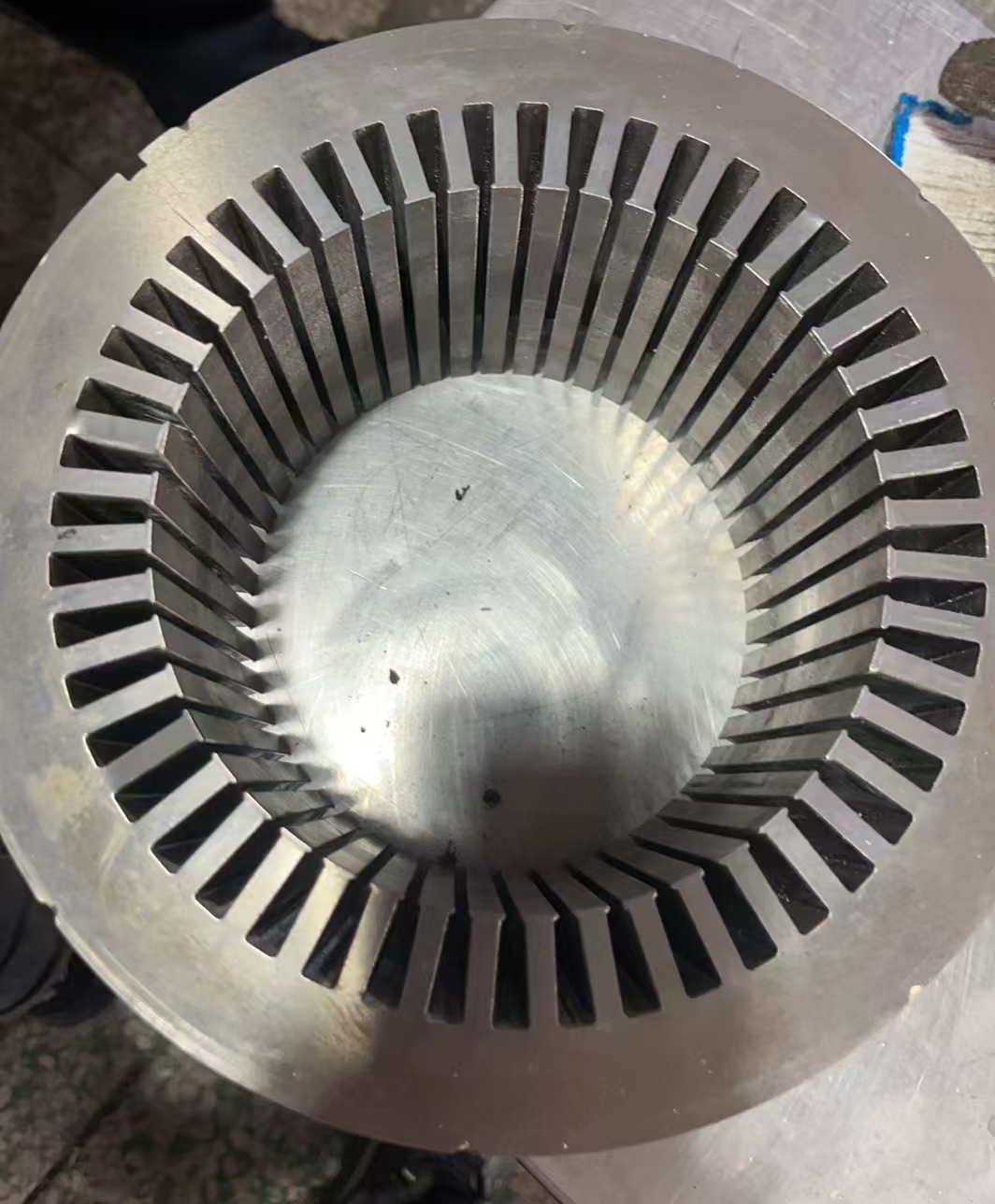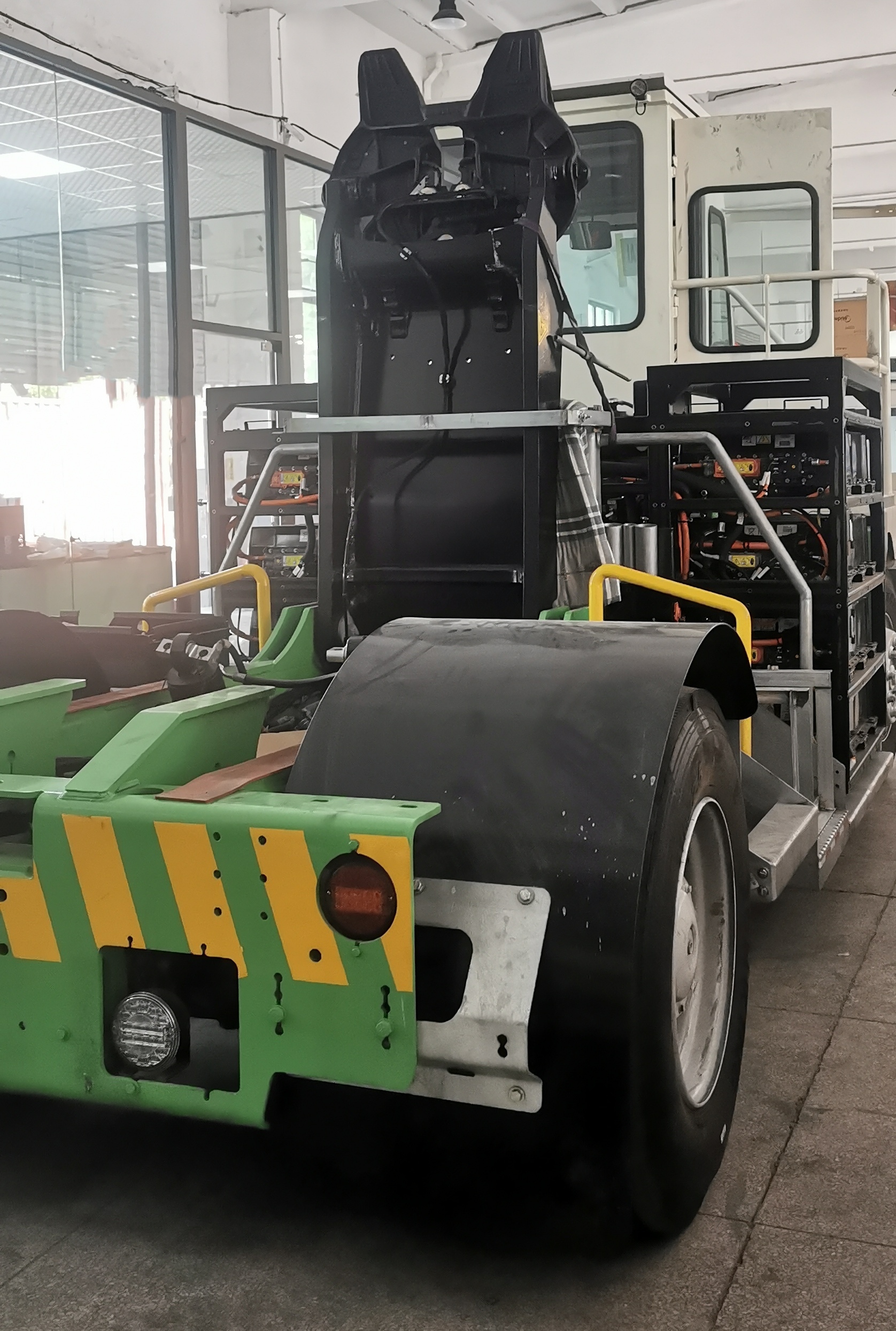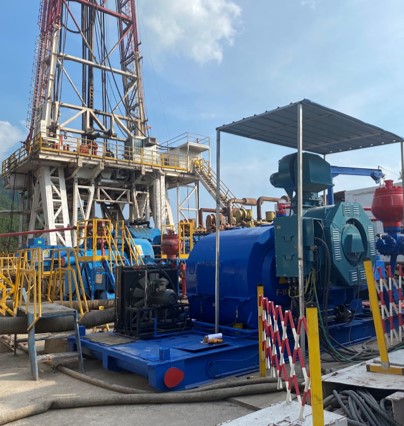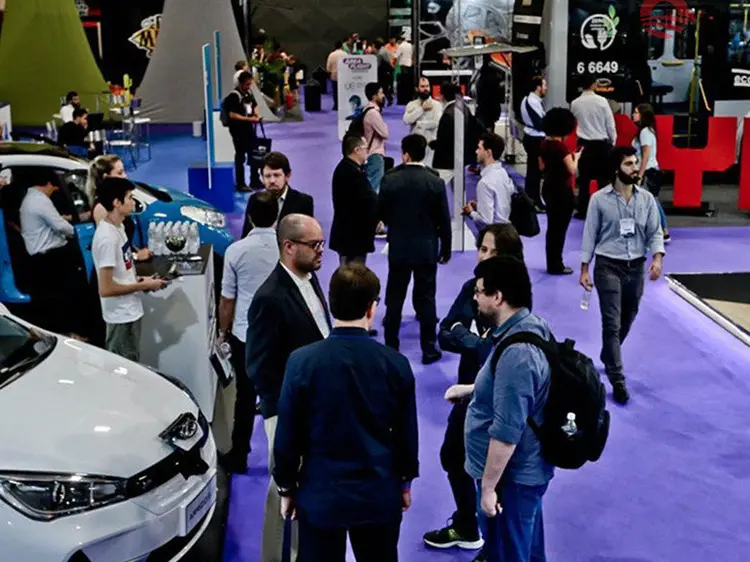The Electric Vehicle Conversion Kits Market is Projected to Reach $2 Billion by 2030
Asia-Pacific to Register Highest Growth
In 2023, the Asia-Pacific region held the largest share of the global Electric Vehicle Conversion Kits market, accounting for 35%. The increasing focus on environmental sustainability, coupled with government initiatives promoting electric mobility, has fueled interest in EV conversions across the region. Countries like China, Japan, and South Korea are leading this surge in demand, leveraging their robust manufacturing capabilities to produce and distribute high-quality conversion kits. This has made EV conversion solutions more accessible to both consumers and businesses, further boosting the market share of Electric Vehicle Conversion Kits in the Asia-Pacific region.
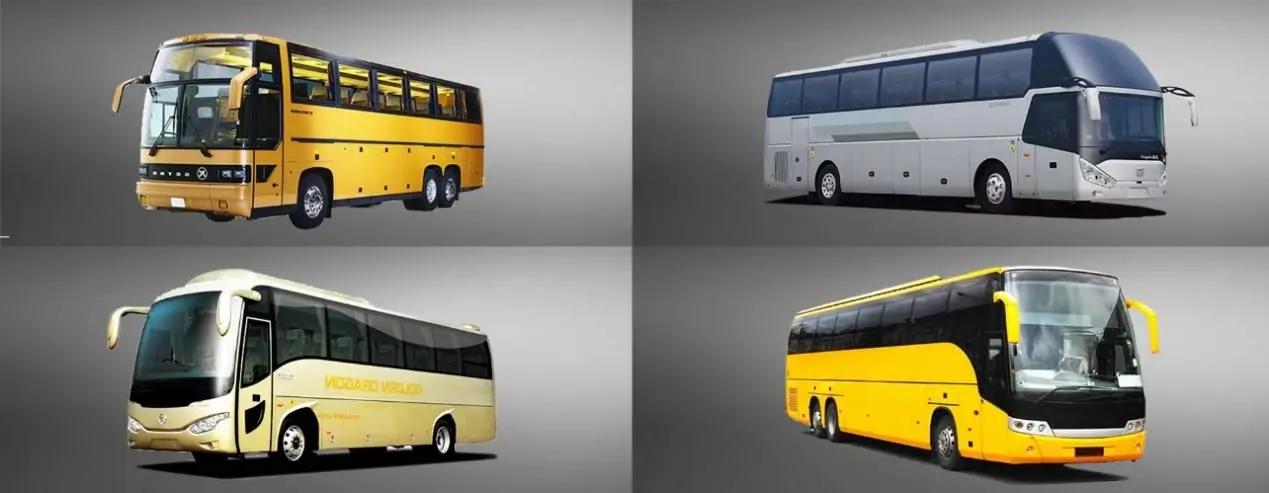
Electric Vehicle Conversion Kits Market Report – Key Takeaways:
Passenger Cars Sector to Grow the Fastest
According to the Electric Vehicle Conversion Kits Market forecast, the Passenger Cars segment is projected to experience the highest CAGR of 17.2% during the forecast period in terms of application. The growing demand for electric transportation worldwide has positioned the passenger vehicle sector as a key driver for the expansion of the Electric Vehicle Conversion Kits market. Rather than purchasing new electric vehicles, many owners of conventional gasoline or diesel cars are opting for conversion kits as a cost-effective and sustainable solution. These kits enable vehicle owners to transition to electric mobility, aligning with the increasing emphasis on environmental sustainability and cleaner transportation options.
Mid-Price Segment to Register Highest Growth
The Electric Vehicle Conversion Kits Market analysis indicates that the Mid-Price segment is expected to register the highest CAGR of 16.8% during the forecast period in terms of vehicle class. Positioned between premium, high-end kits and budget-friendly options, the mid-price segment attracts a broad consumer base seeking a balance between cost and quality. Its rising popularity stems from catering to budget-conscious vehicle owners who want to transition to electric mobility without incurring substantial expenses. Mid-priced conversion kits offer a compelling value proposition by providing essential components like electric motors, batteries, and controllers at a more affordable price than premium options.
Rising Fuel Costs and Volatility to Boost the Market Size
Fluctuating fuel prices and the increasing costs of conventional vehicle fuels are key factors propelling the Electric Vehicle Conversion Kits market. As consumers face the financial strain of rising fuel expenses, the attractiveness of electric vehicles continues to grow. EV Conversion Kits present a cost-effective alternative by offering a more economical power source over time. The potential for substantial fuel savings, combined with the desire for greater energy independence, encourages vehicle owners to consider electric conversions. This trend is particularly impactful in regions where gasoline prices are unstable, highlighting the economic advantages of transitioning to electric mobility.
Battery Technology and Range Limitations to Hamper Market Growth
Battery technology limitations pose a significant challenge to the EV Conversion Kits market, particularly regarding driving range. The battery capacity in conversion kits directly impacts the performance and efficiency of electric vehicles. However, current battery technologies often face obstacles related to energy density, weight, and cost, which can affect the overall effectiveness of converted vehicles. Range anxiety — the fear of depleting battery power before reaching a charging station — remains a concern for potential EV owners. Addressing these challenges will require continuous advancements in battery technology, including the development of high-energy-density batteries and more affordable energy storage solutions.
Key Opportunity Analysis:
Expansion into Emerging Markets
Expanding into emerging markets presents a significant growth opportunity for the EV Conversion Kits industry. As urbanization accelerates and vehicle ownership rises in developing economies, the demand for sustainable transportation solutions increases. EV Conversion Kits offer a cost-effective alternative for individuals and businesses to adopt electric mobility without the high upfront cost of new electric vehicles. Manufacturers can tap into this potential by understanding the specific preferences of consumers in these regions, customizing conversion kits accordingly, and forming strategic partnerships with local stakeholders. By entering these markets early, the EV Conversion Kits sector can position itself as a key player in shaping the future of electric transportation in emerging regions.
Development of Compact and Lightweight Kits for Two-Wheelers
The development of compact and lightweight two-wheeler conversion kits also presents a promising commercial opportunity. With the growing popularity of electric scooters and motorcycles, demand is rising for retrofit solutions that enable traditional two-wheelers to transition to electric power. These conversion kits address the unique constraints of two-wheeled vehicles, making electric mobility more affordable and accessible. Manufacturers can capitalize on this trend by designing user-friendly kits tailored for electric two-wheelers, appealing to urban commuters, hobbyists, and environmentally conscious riders, thereby driving substantial market growth.
Collaborations with Automotive Restoration and Customization Services
Additionally, collaborations with vehicle restoration and customization services open up a lucrative market segment for EV Conversion Kits. Restoration and customization enthusiasts often seek innovative ways to modernize classic vehicles while preserving their distinctive character. EV Conversion Kits provide a compelling solution by combining vintage aesthetics with modern electric propulsion. Industry players can explore partnerships with restoration shops, supplying specialized conversion kits designed for seamless integration into classic and custom vehicles. This approach targets a niche yet growing segment, positioning EV Conversion Kits as a vital component in the vehicle restoration and modification market.
.png)
PUMBAA's Achievements in The Electric Vehicle Conversion Market
PUMBAA Introduces Advanced Electric Conversion Solutions for 5T Loaders at Qingdao Port, Setting a New Benchmark:
PUMBAA has unveiled its latest electric conversion solutions for 5-ton loaders at Qingdao Port, aiming to elevate industry standards. The new solutions enhance operational efficiency, reduce emissions, and provide a cost-effective alternative to diesel loaders, marking a significant step forward in the sector’s electrification.
PUMBAA Debuts Innovative 20T Diesel Excavator Electric Conversion Solution in Hebei, China:
PUMBAA has launched a cutting-edge electric conversion solution for 20-ton diesel excavators in Hebei, China. Designed to improve efficiency and sustainability while lowering operational costs, this solution offers a more environmentally friendly alternative to conventional diesel-powered excavators in the construction sector.
Conclusion
The Electric Vehicle Conversion Kits market is poised for substantial growth, driven by factors such as rising fuel costs, increasing environmental awareness, and expanding opportunities in emerging markets. As manufacturers continue to innovate with advanced conversion solutions for passenger vehicles, two-wheelers, and heavy-duty equipment, the appeal of electric mobility becomes more accessible to a broader audience. Strategic collaborations with restoration shops, targeted product development for budget-conscious consumers, and the integration of cutting-edge battery technology will further strengthen the market’s position. By addressing challenges such as battery limitations and range anxiety while capitalizing on emerging market potential, the EV Conversion Kits sector is set to play a pivotal role in the global transition toward sustainable transportation.
Read More: An Overview of Motor Control Unit In Electric Vehicle









